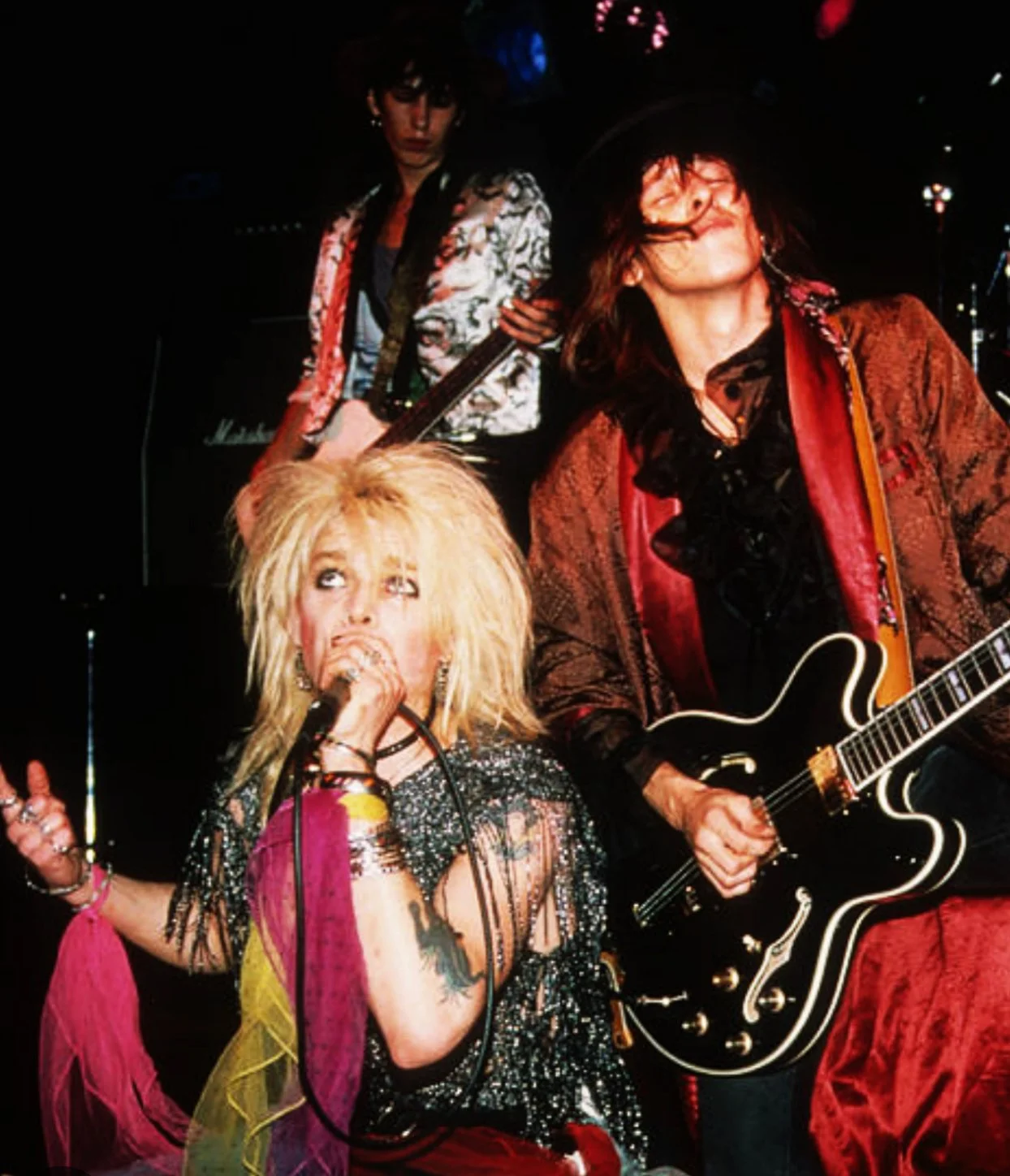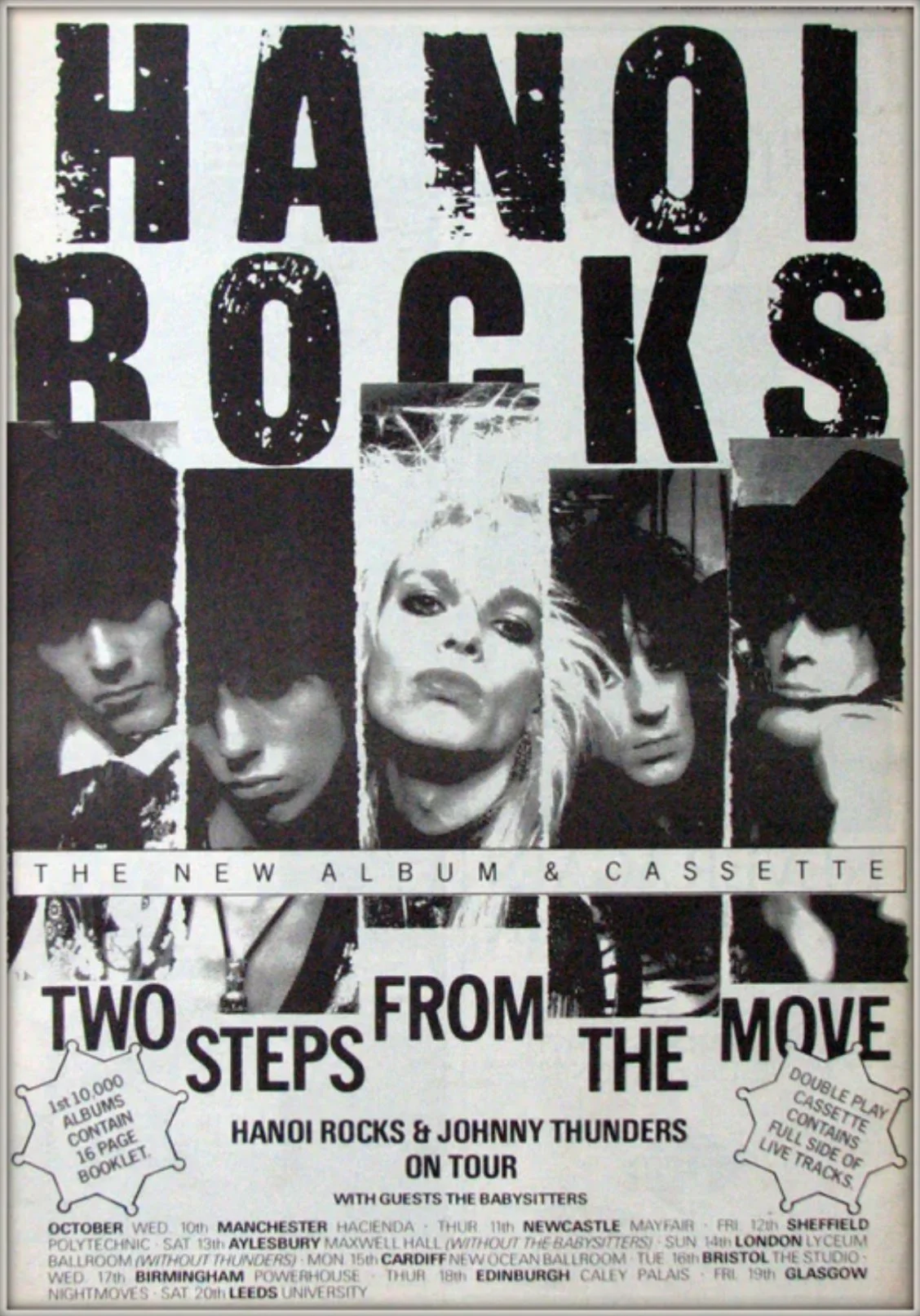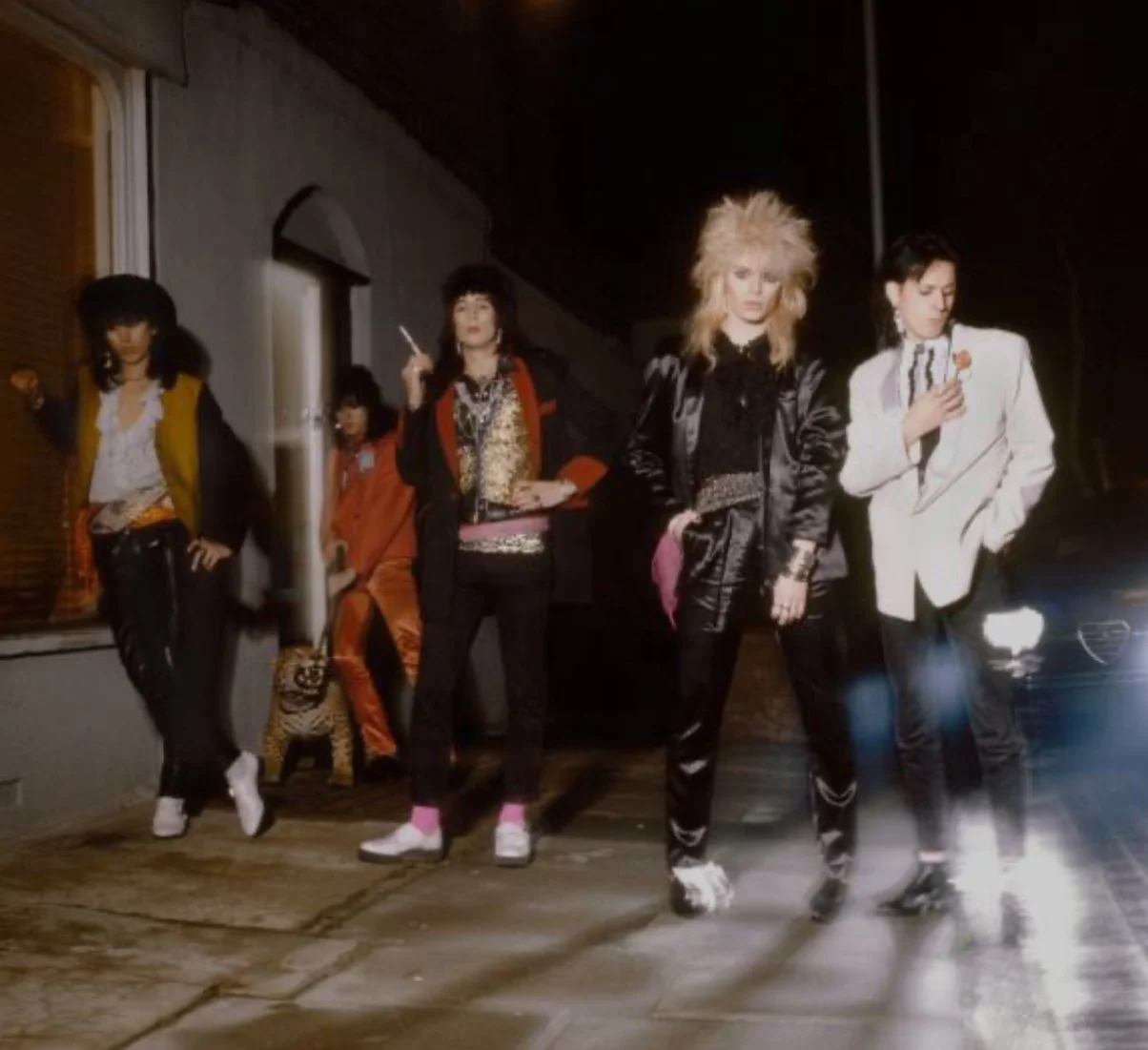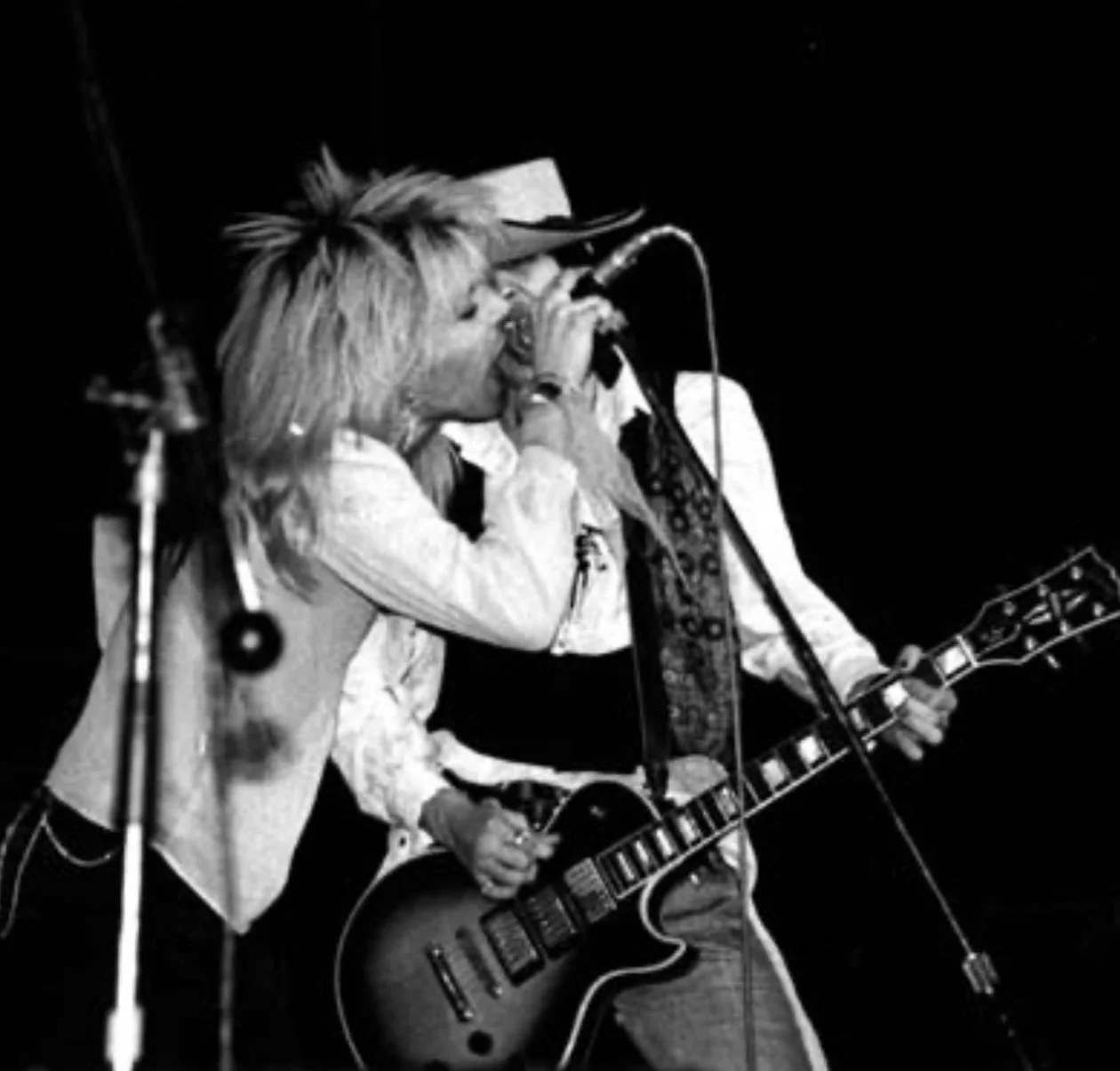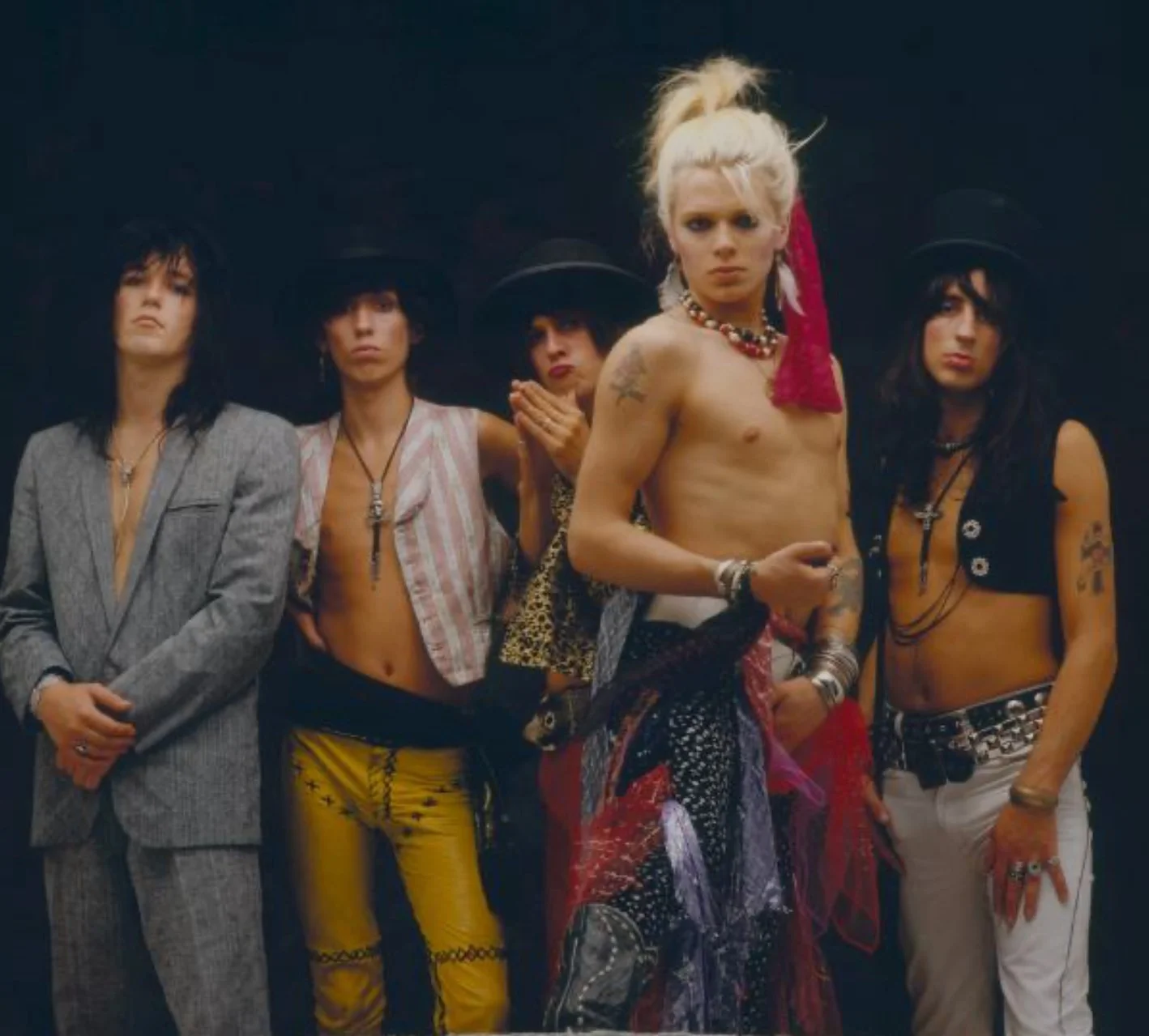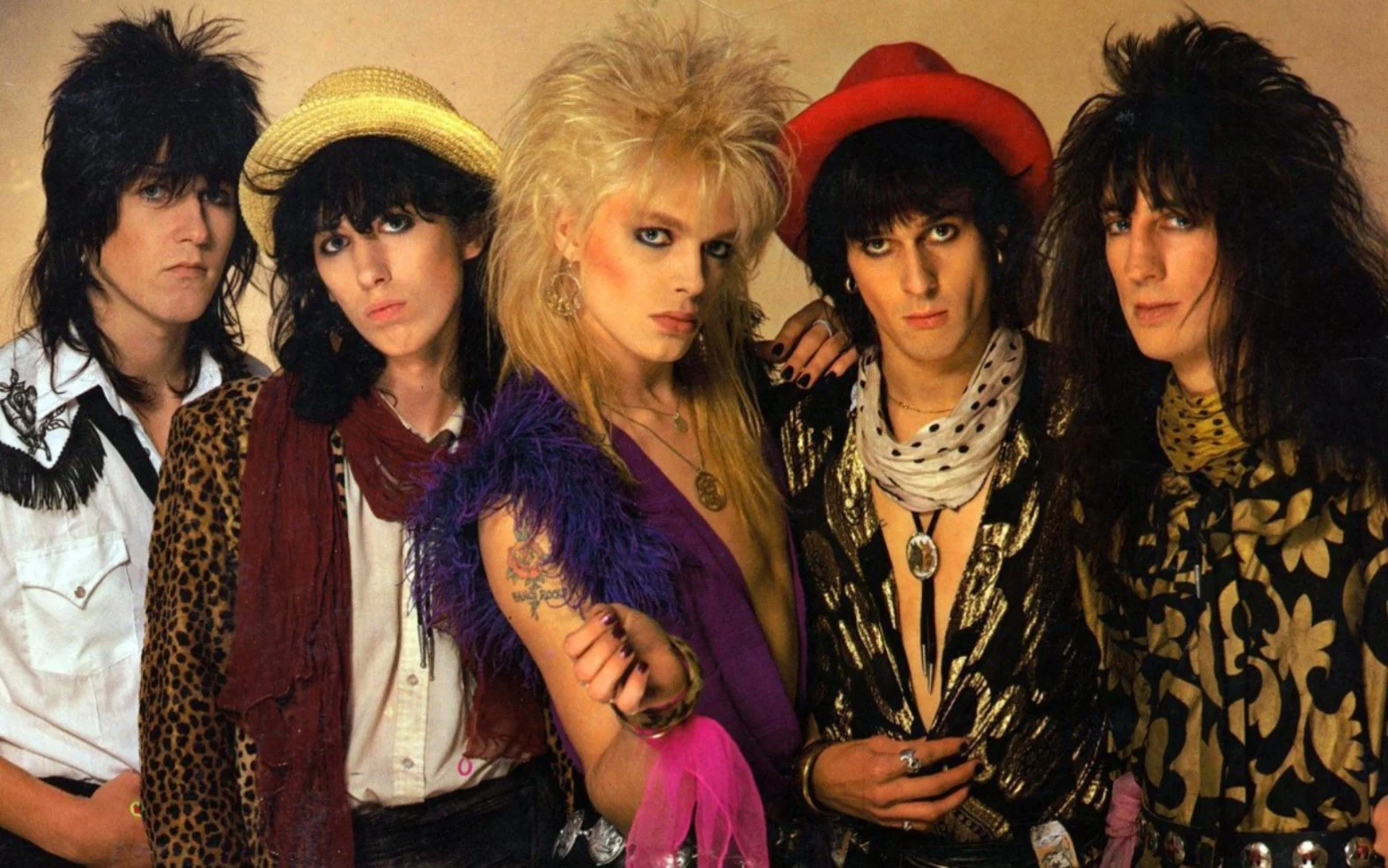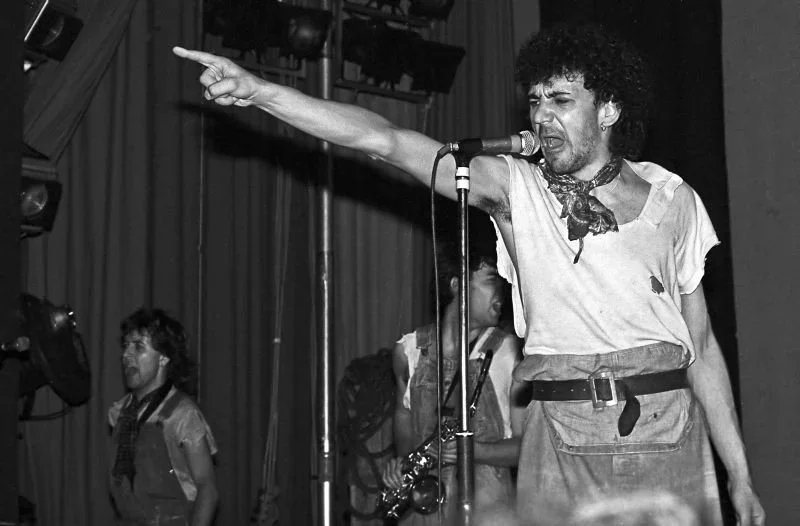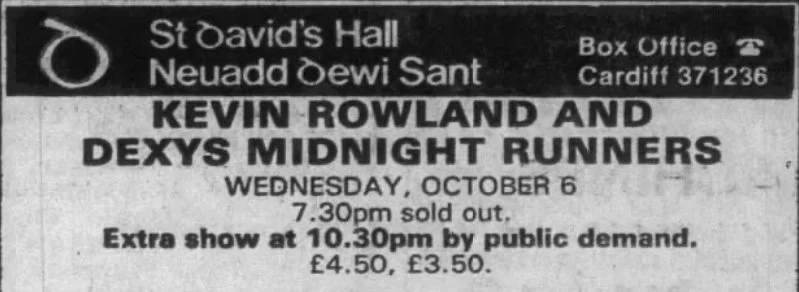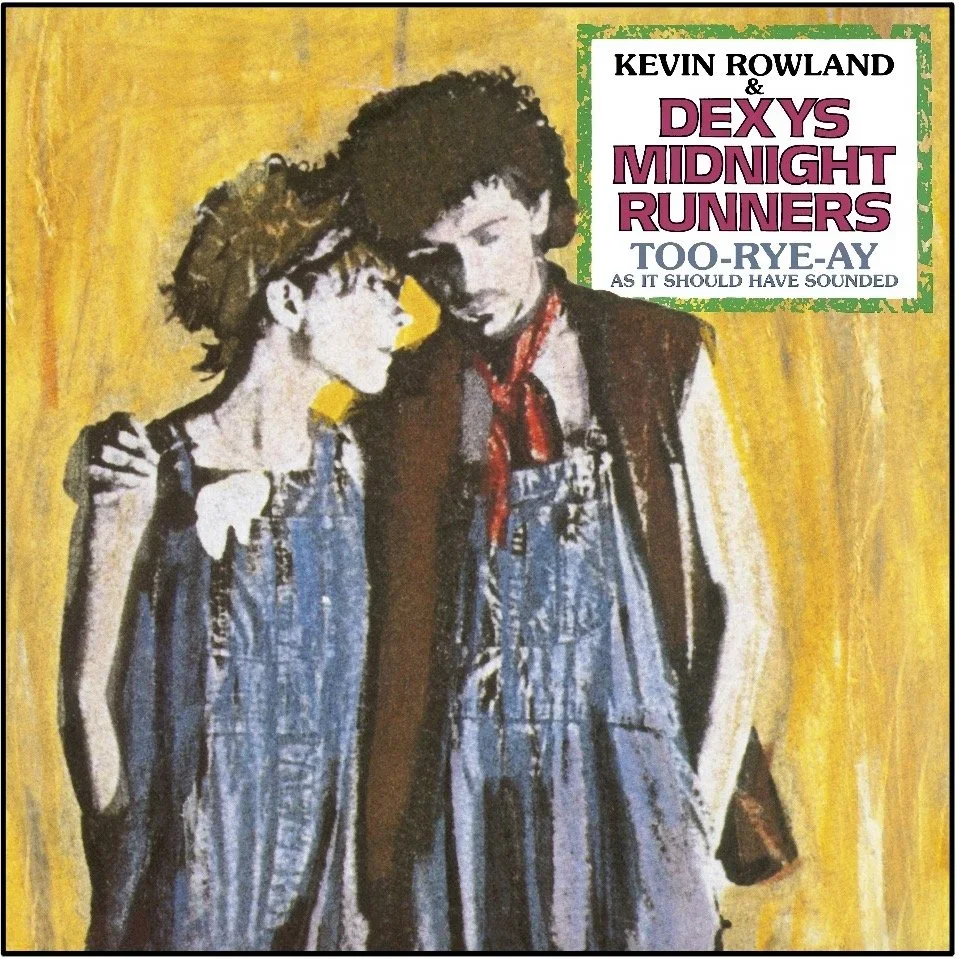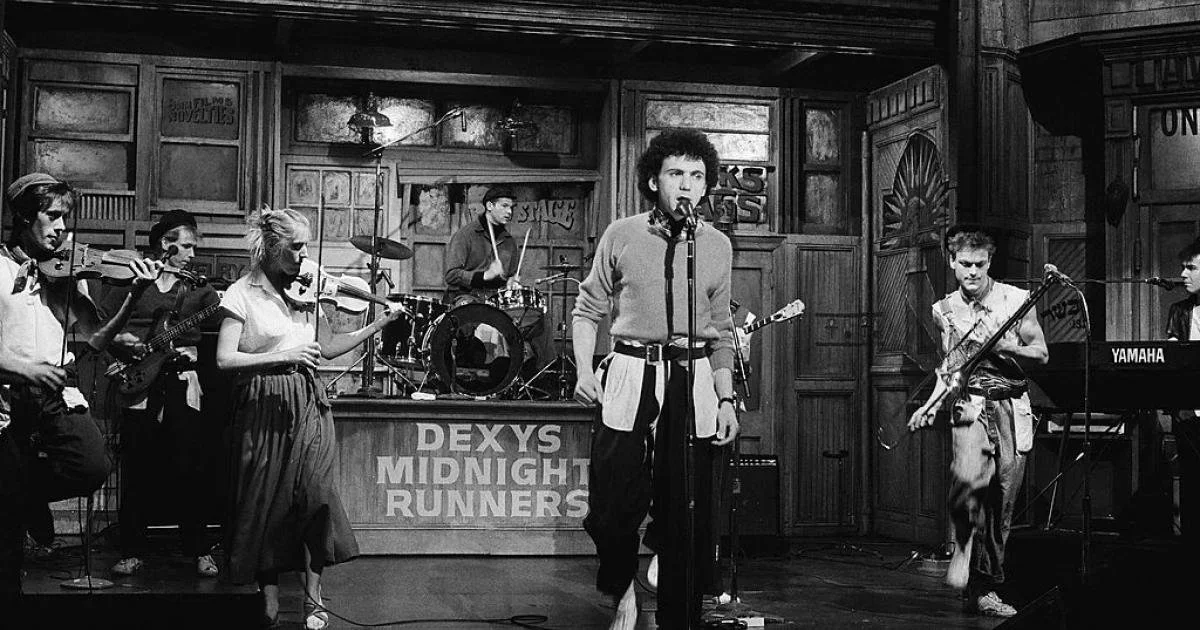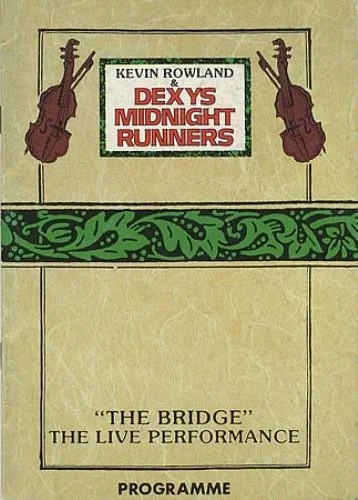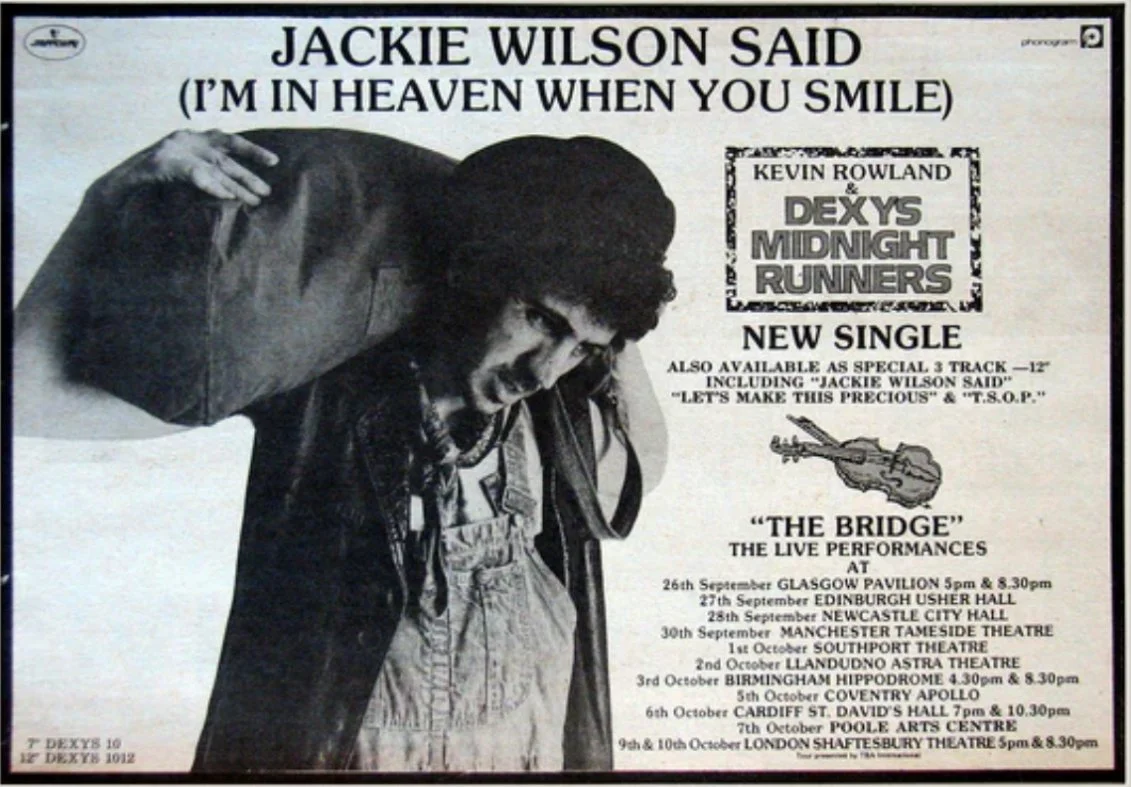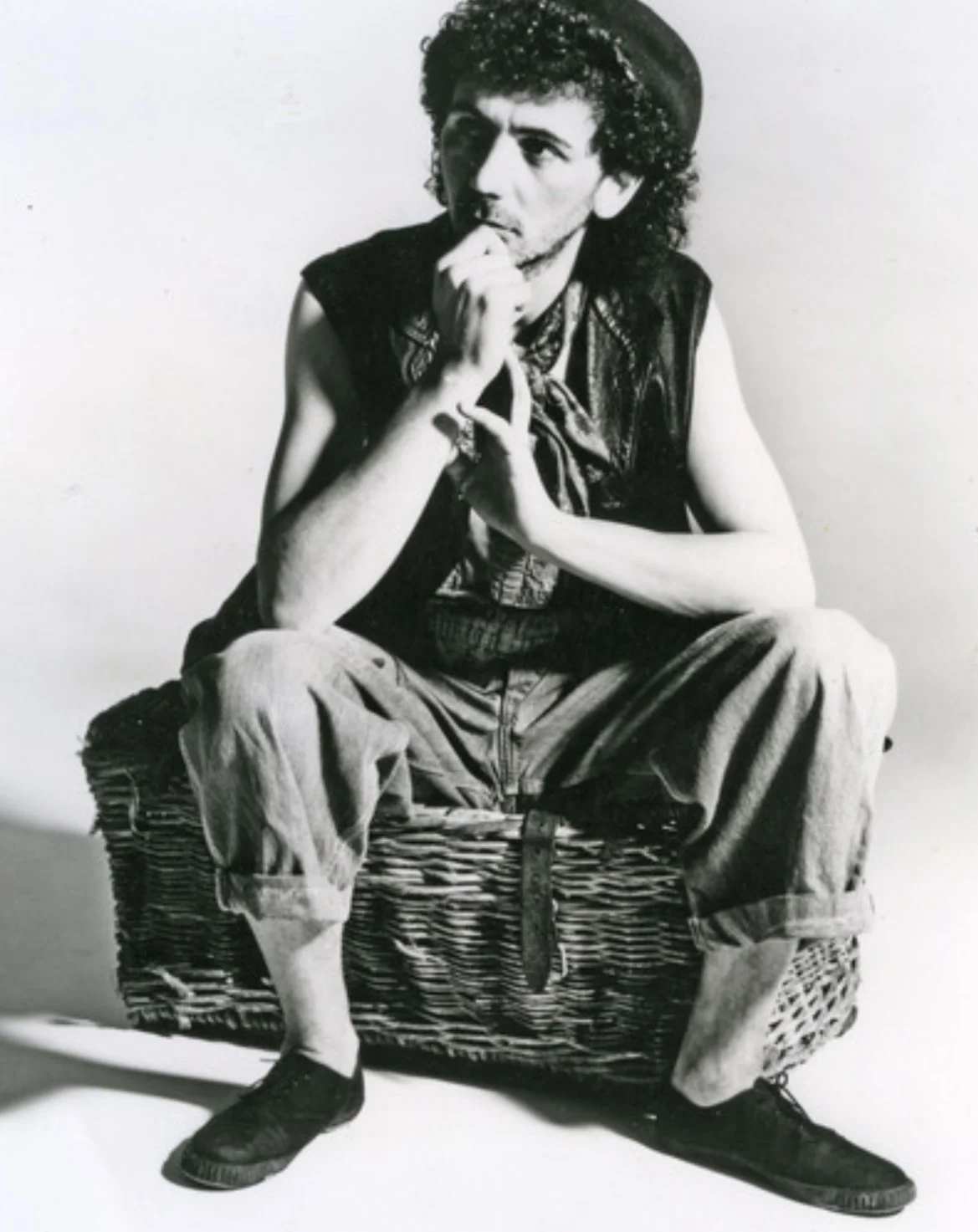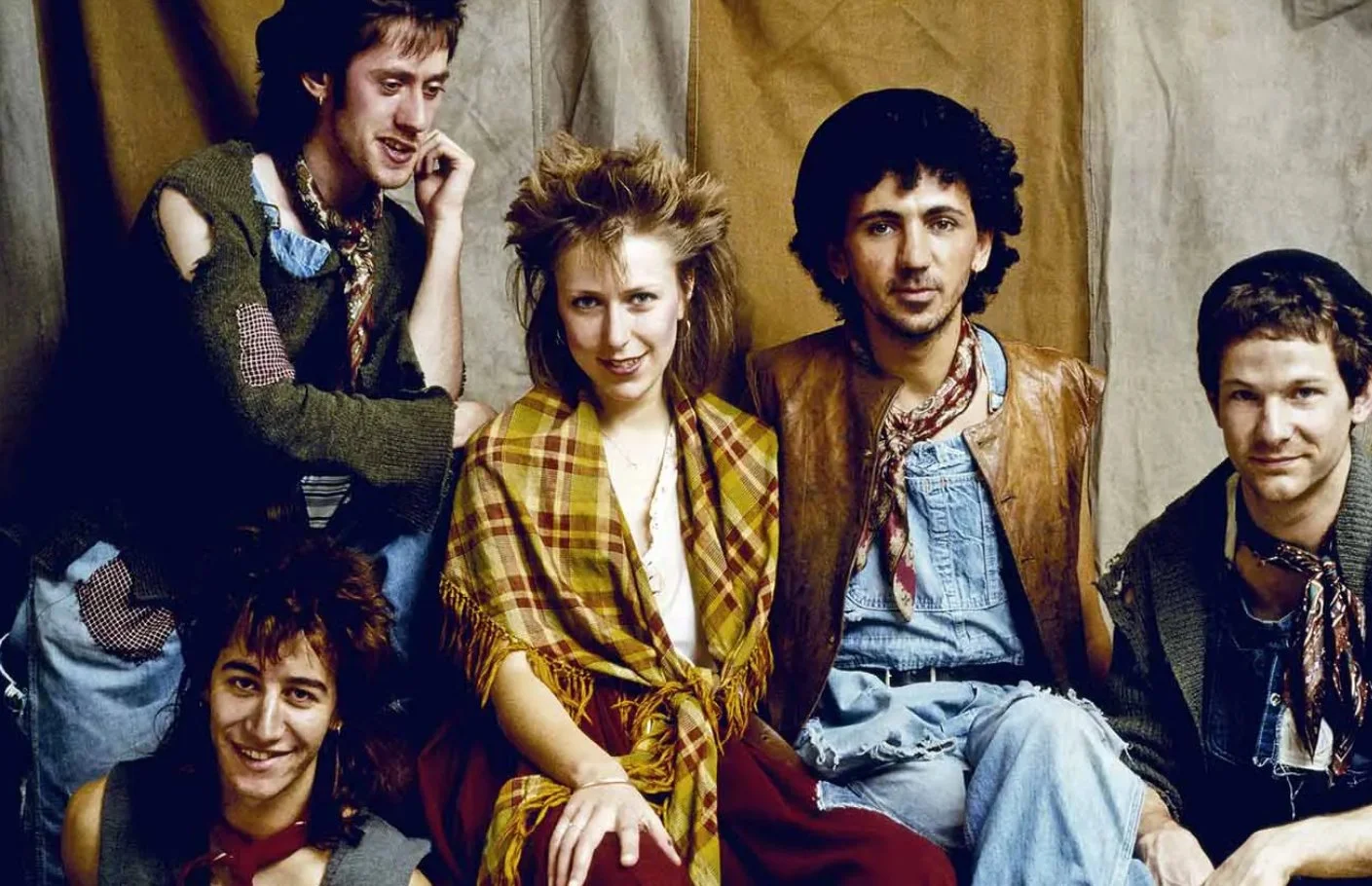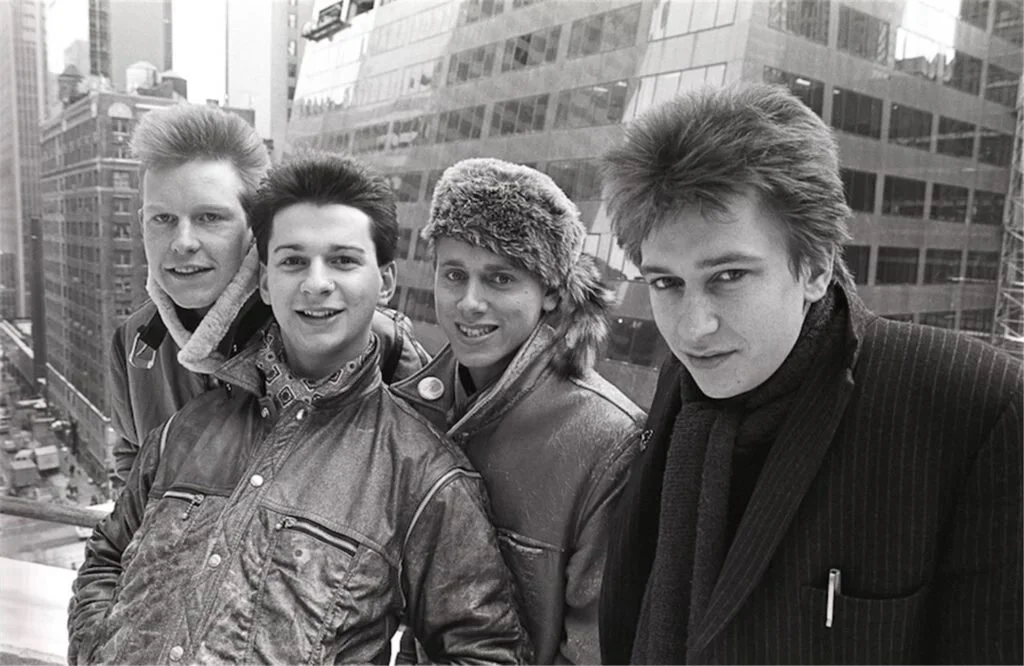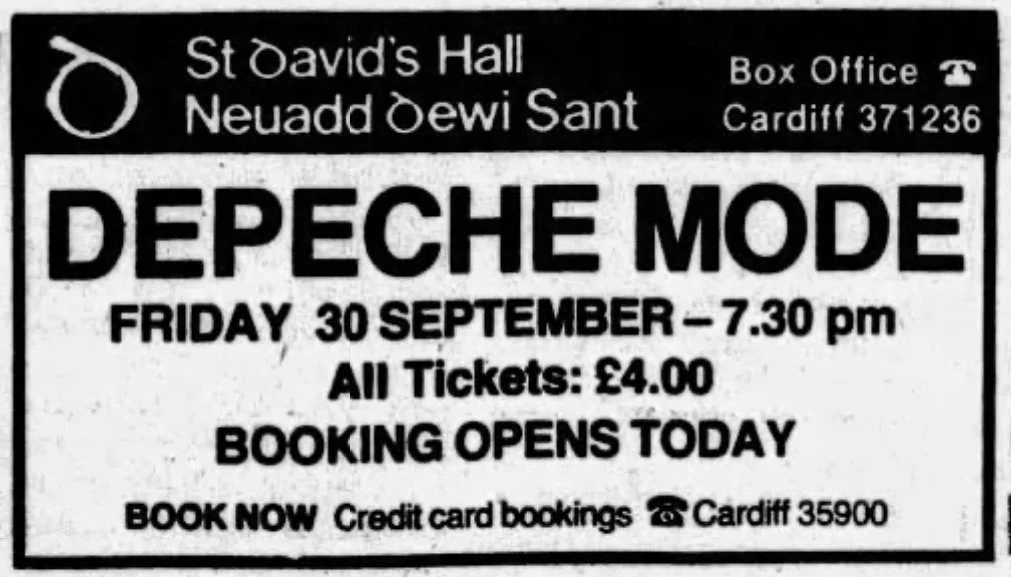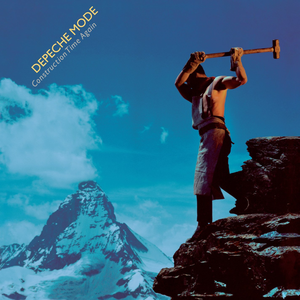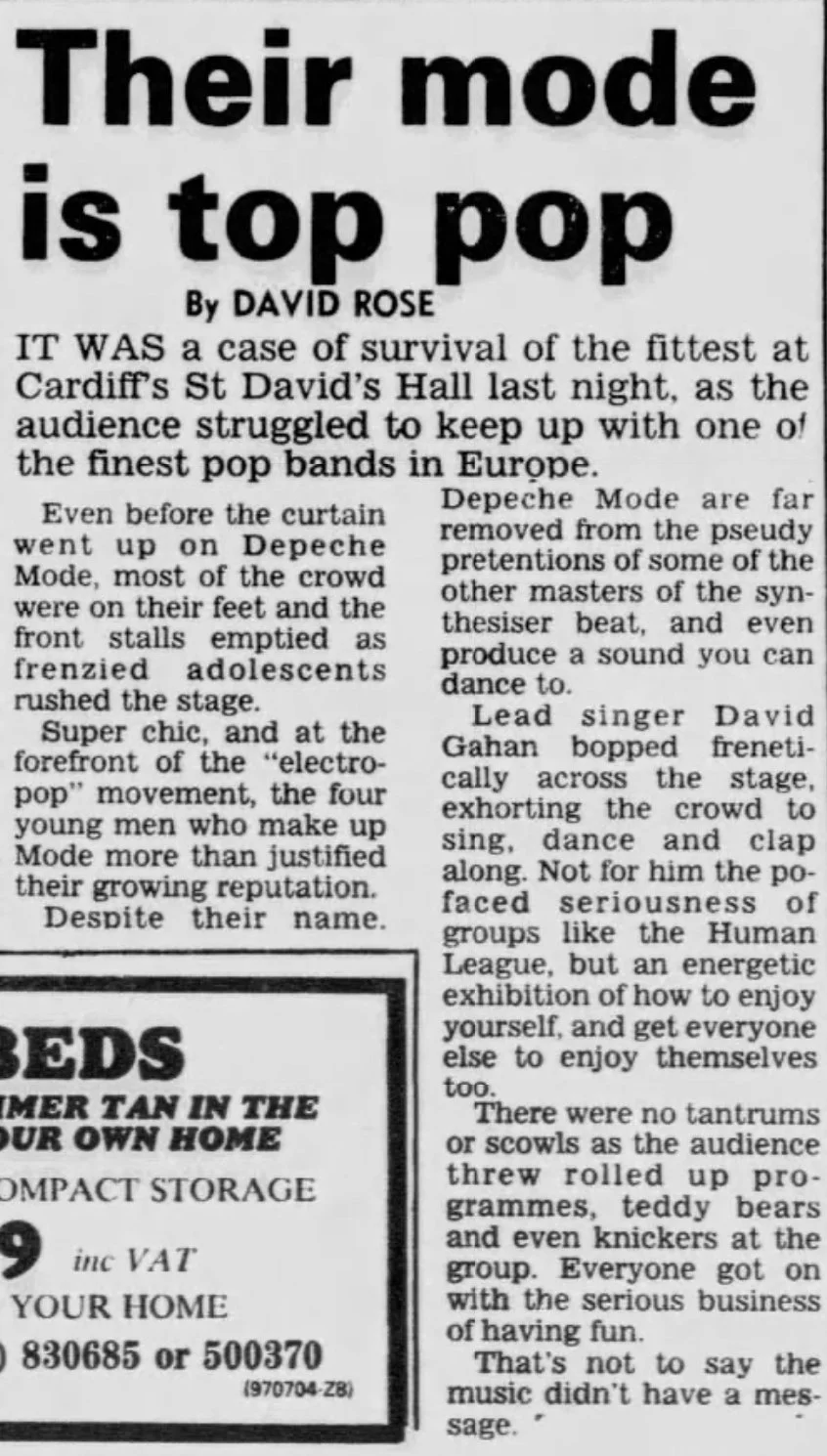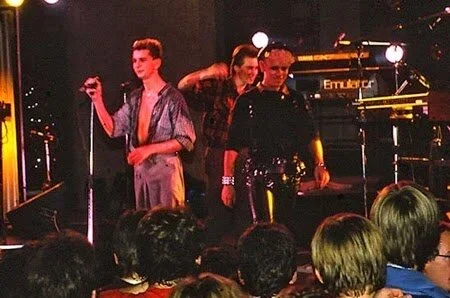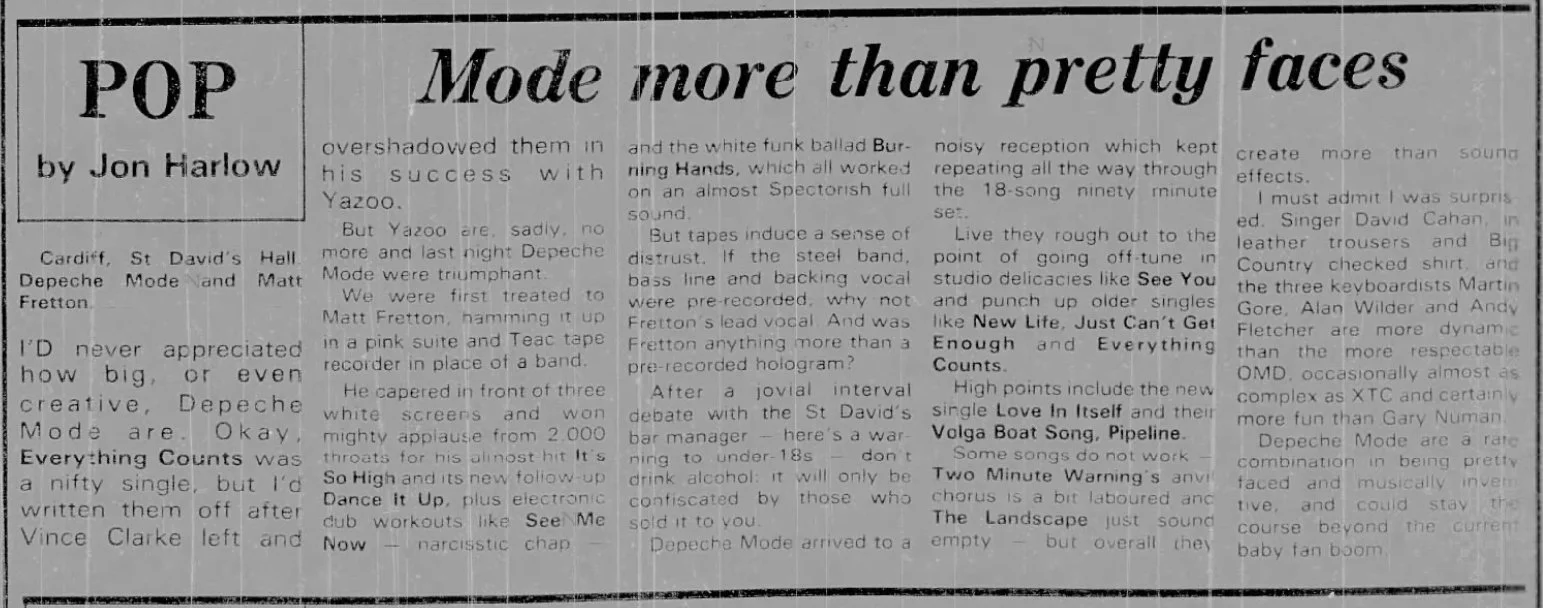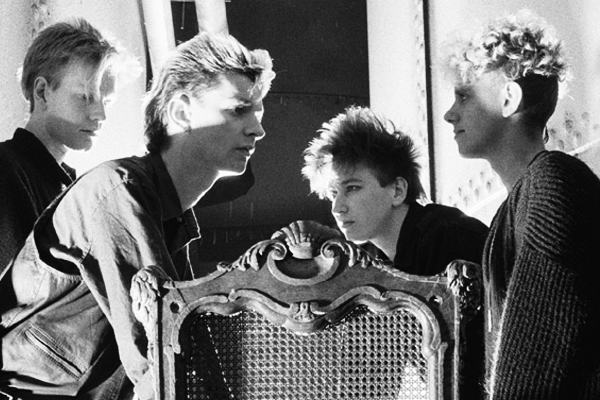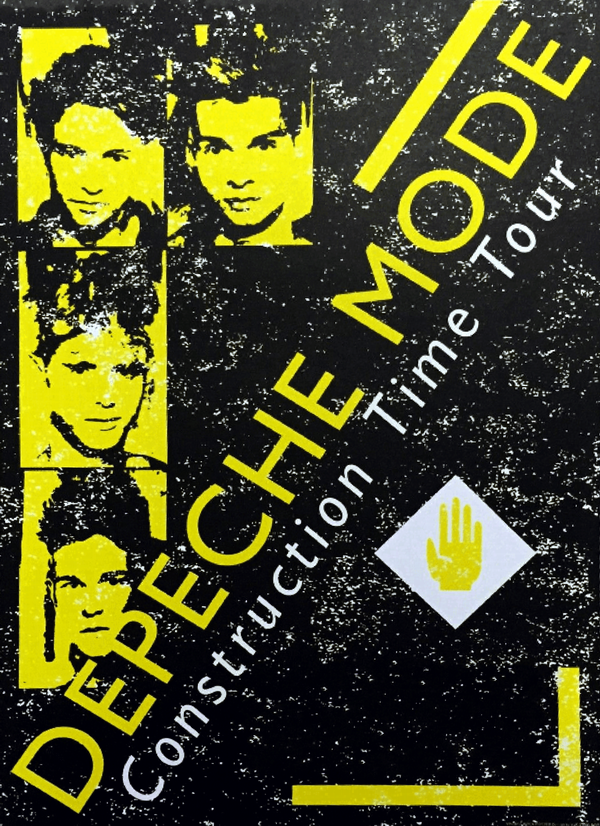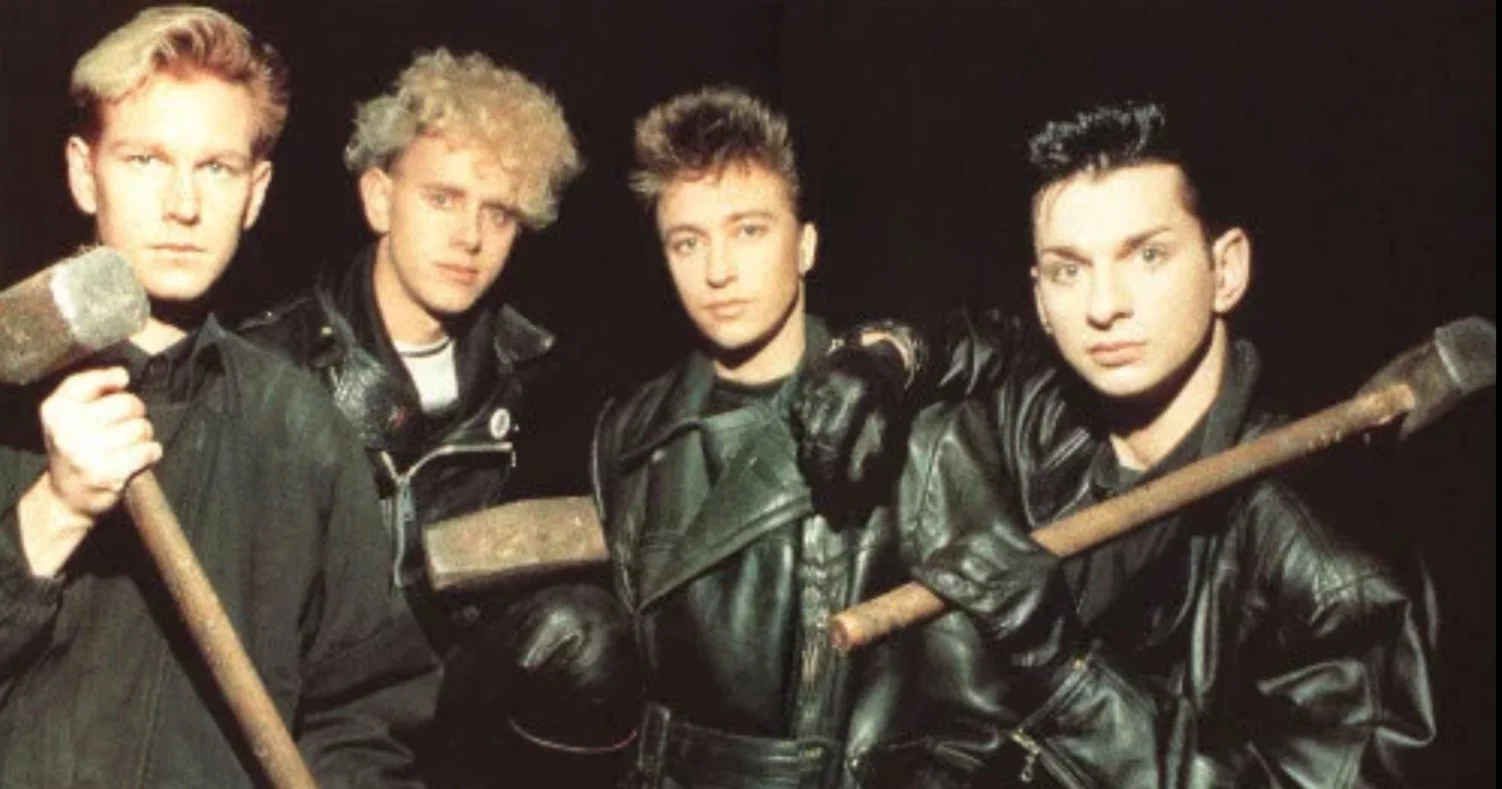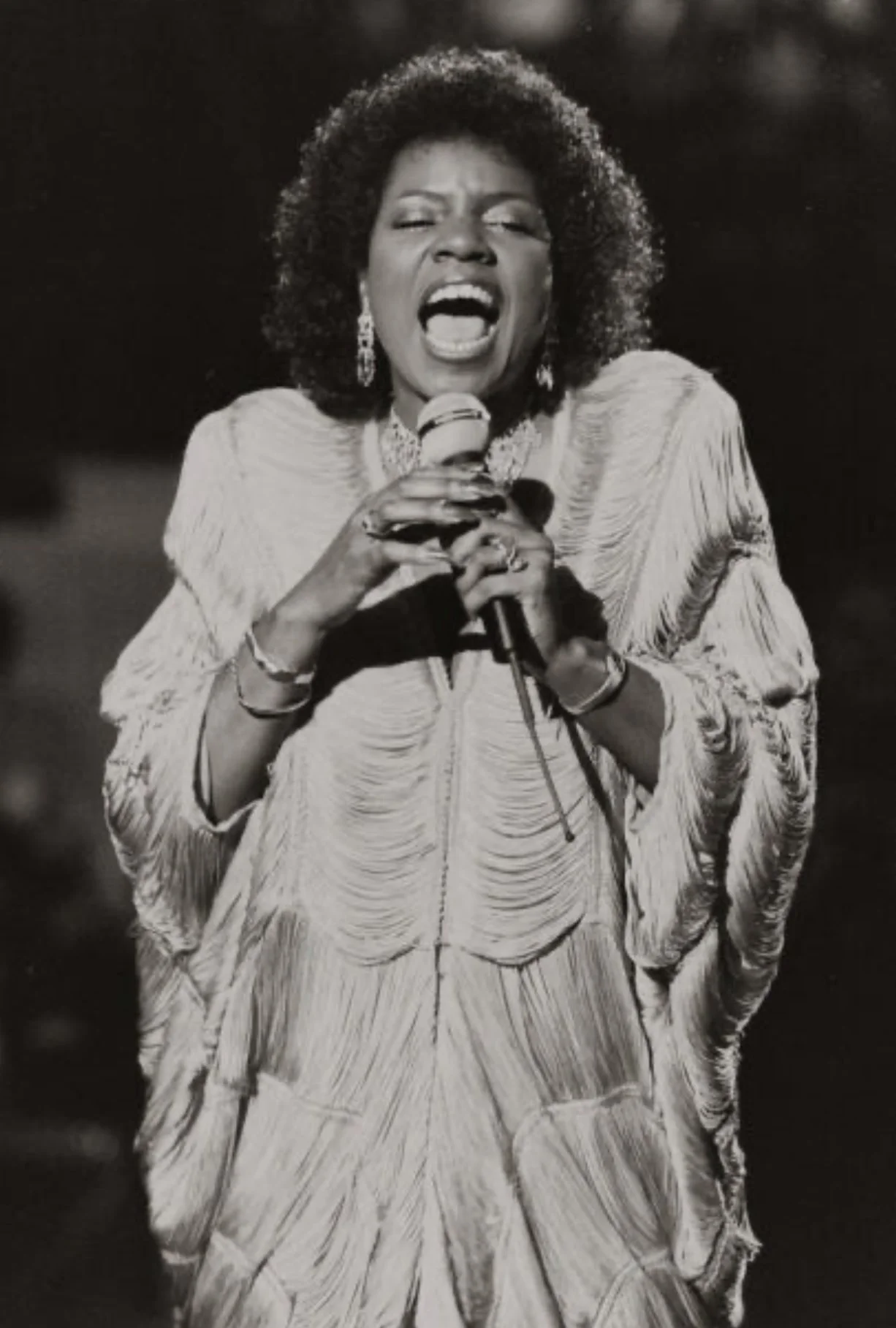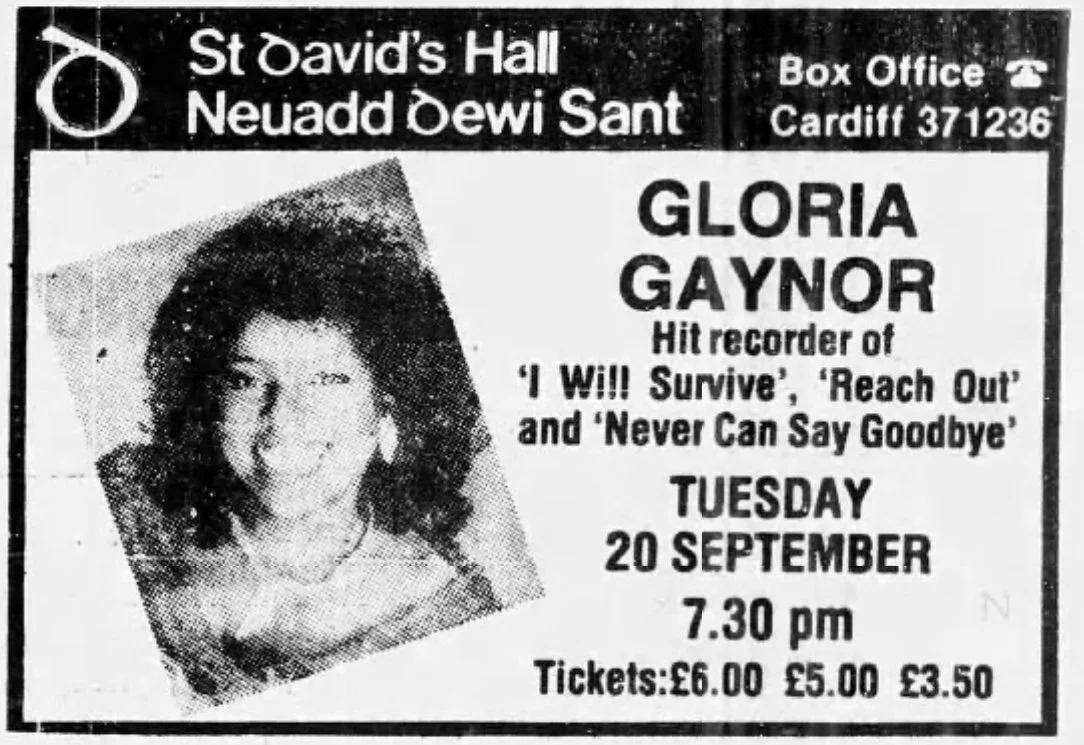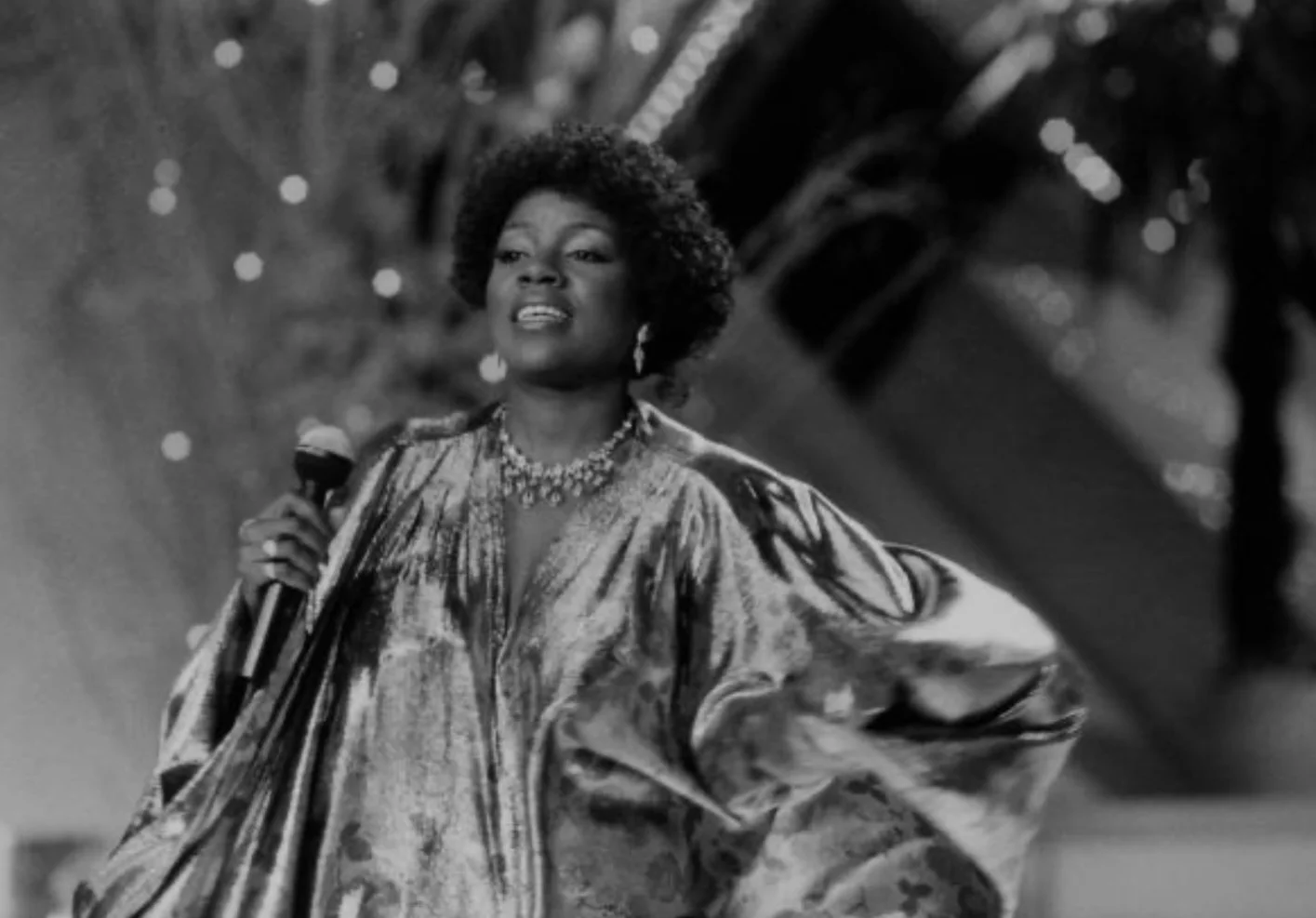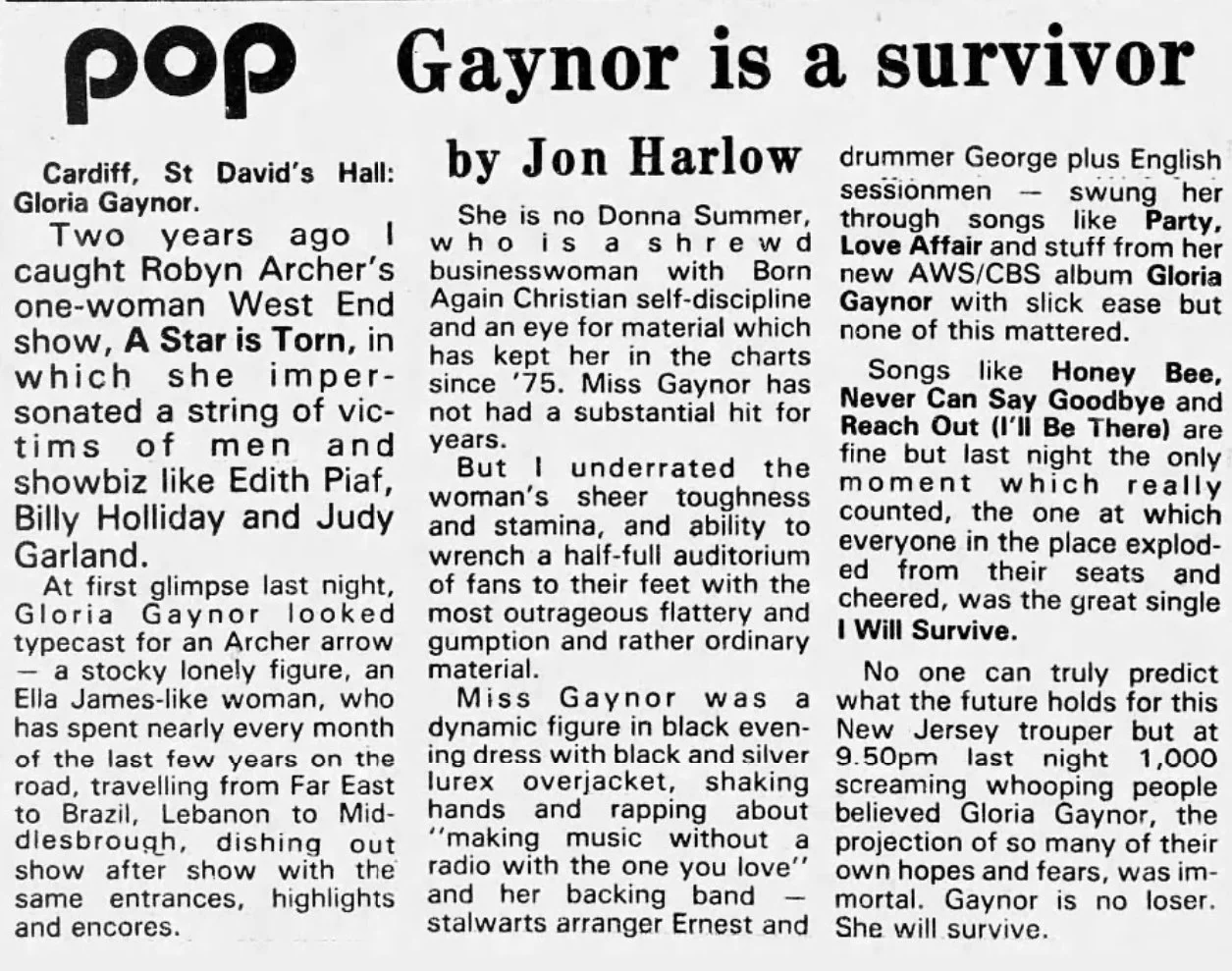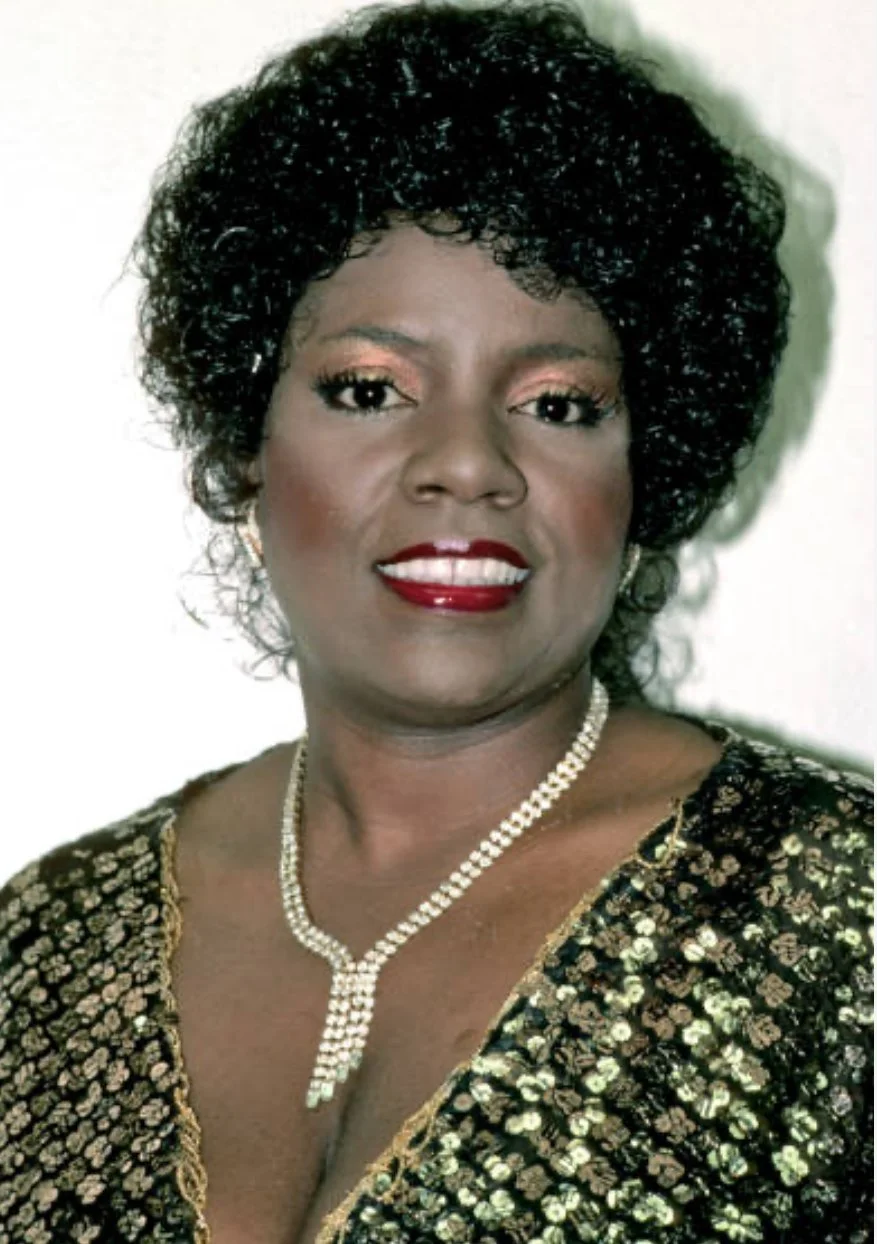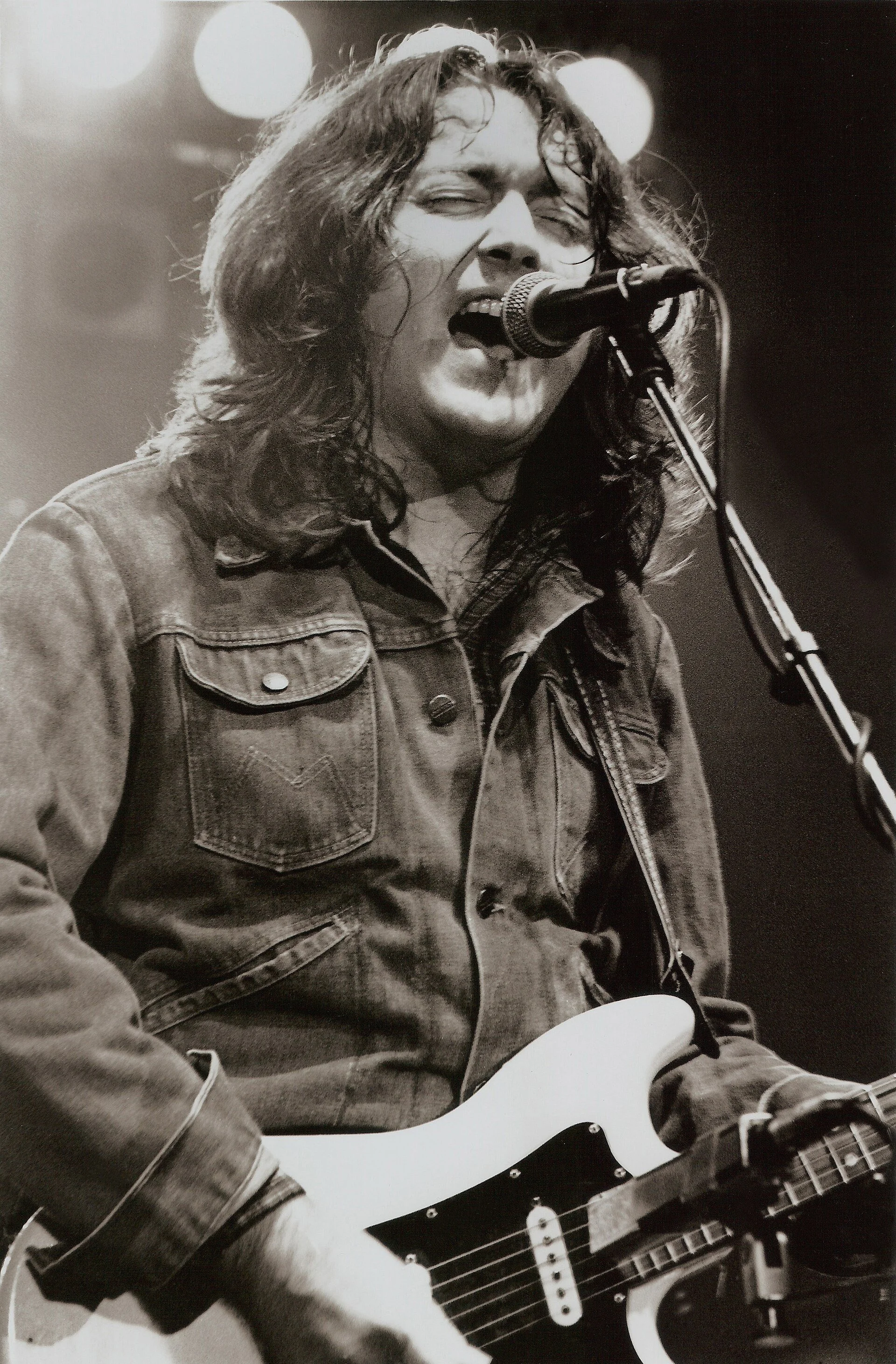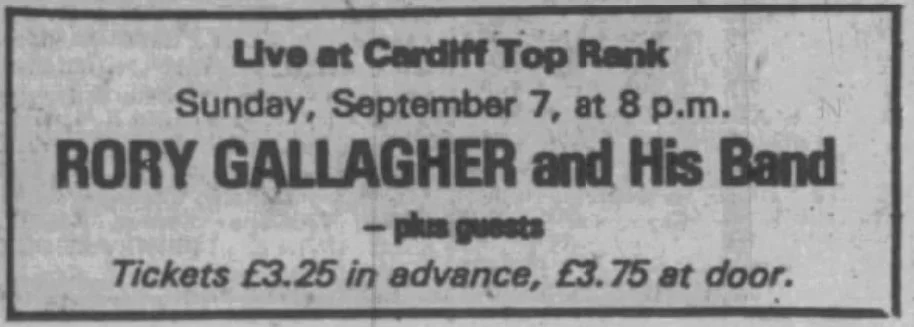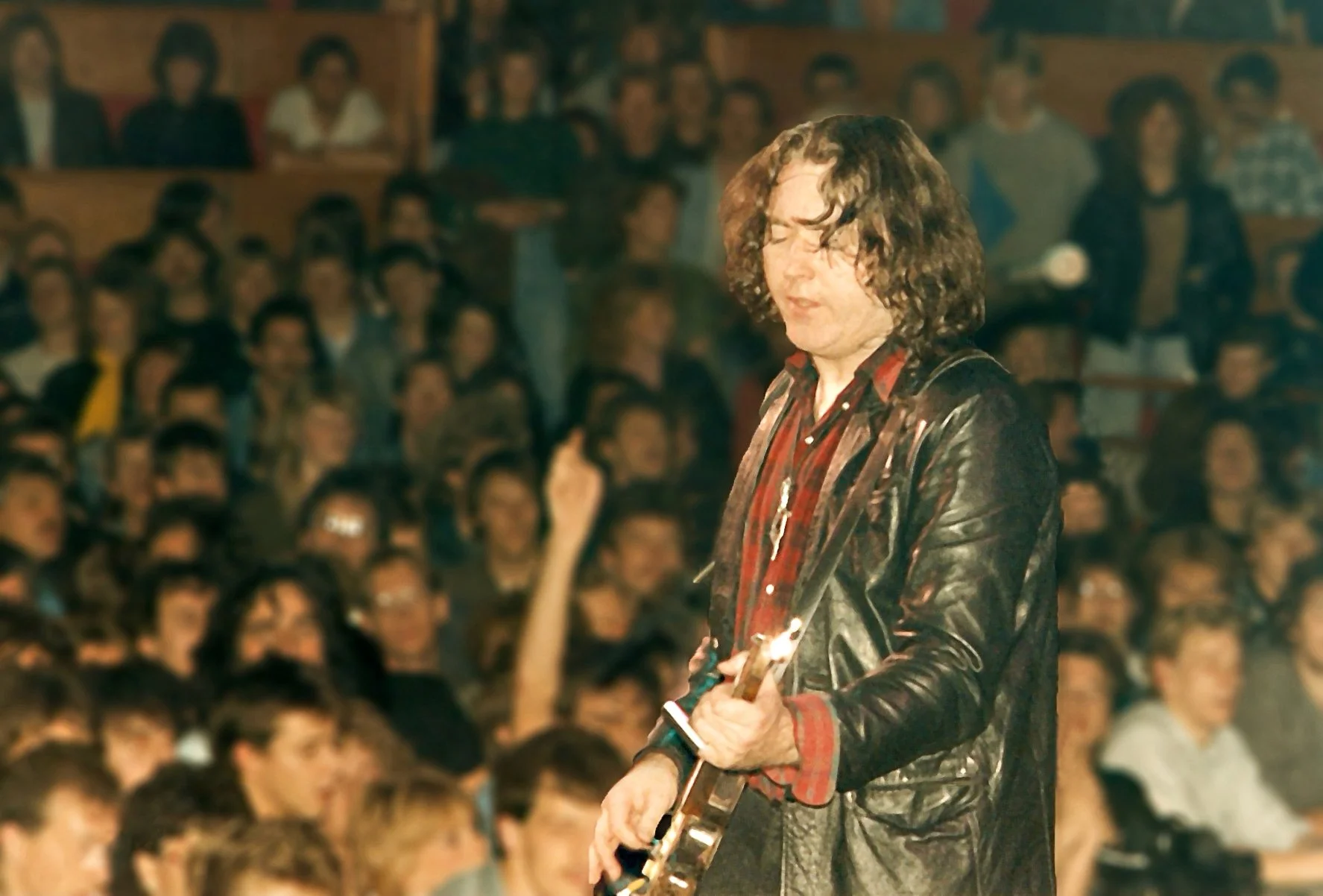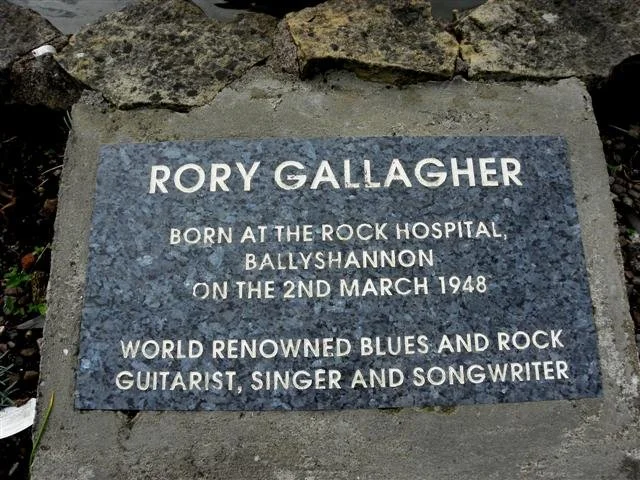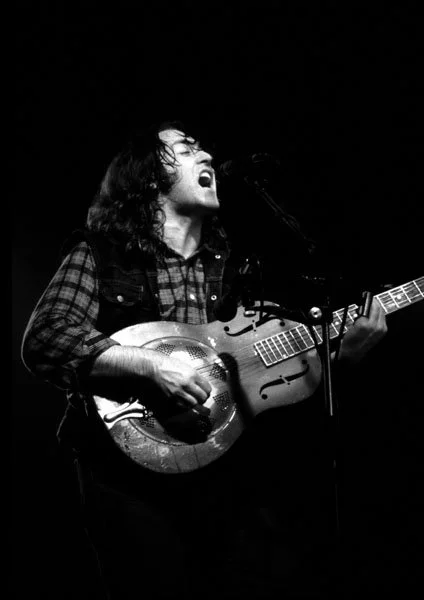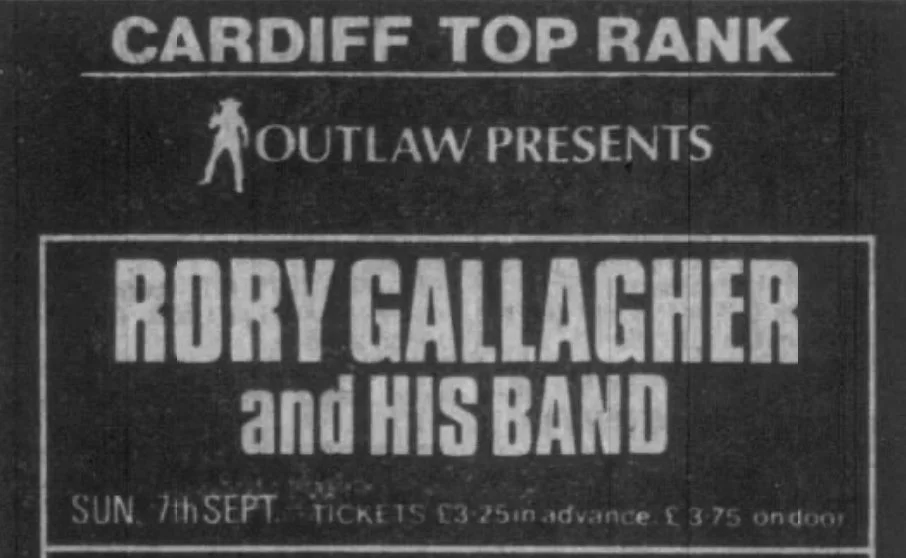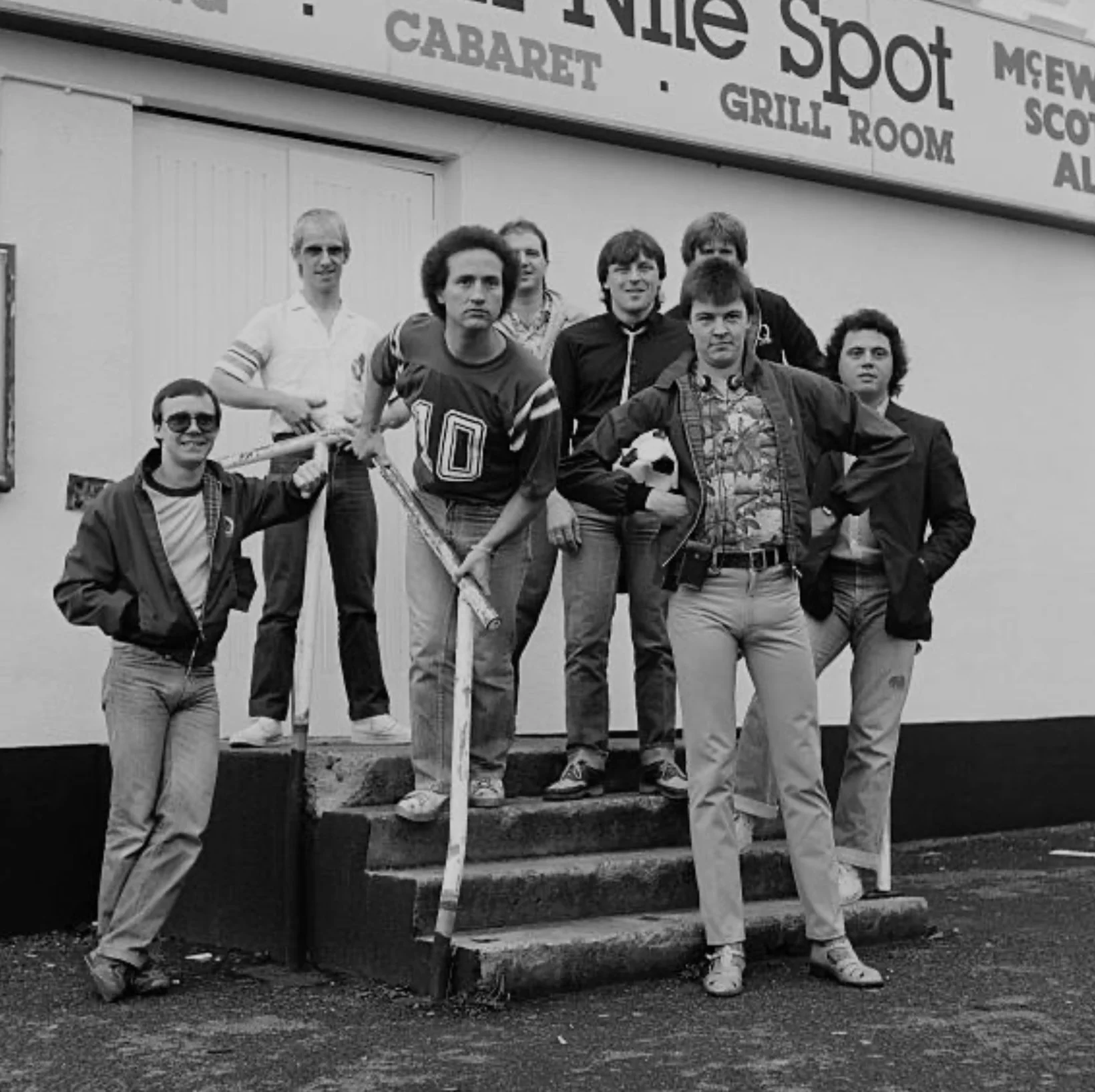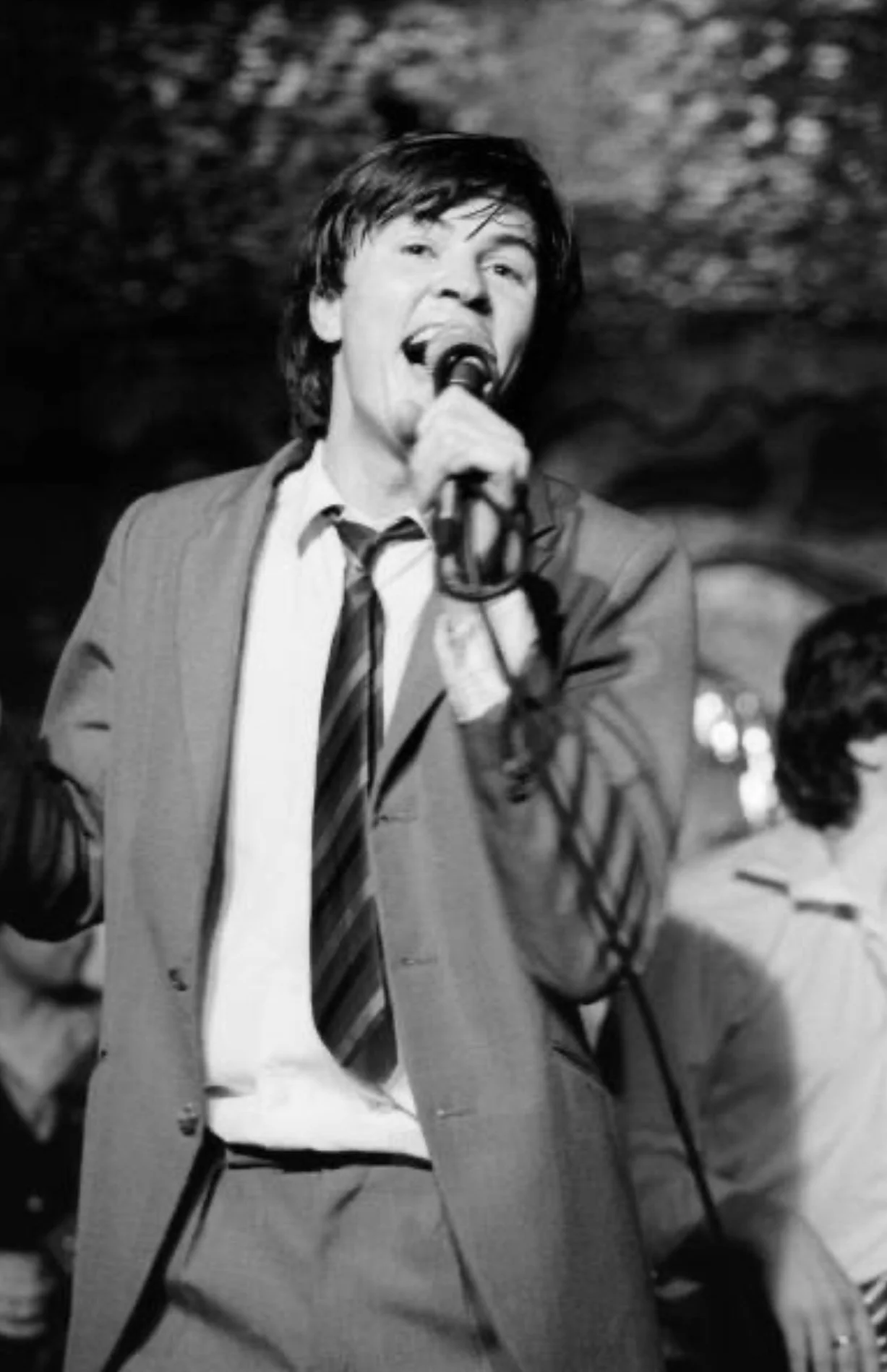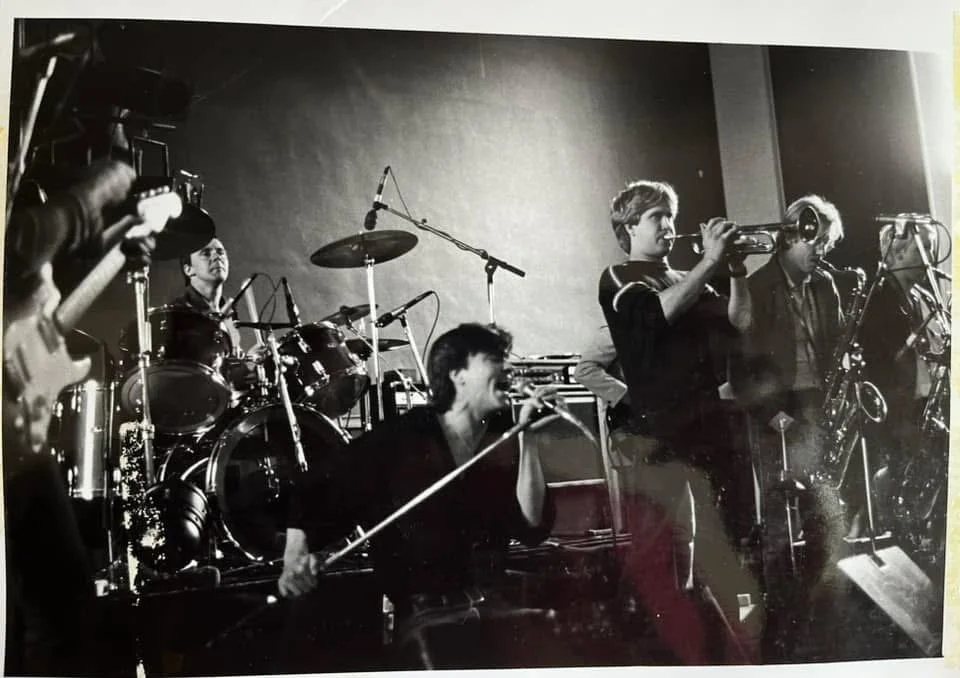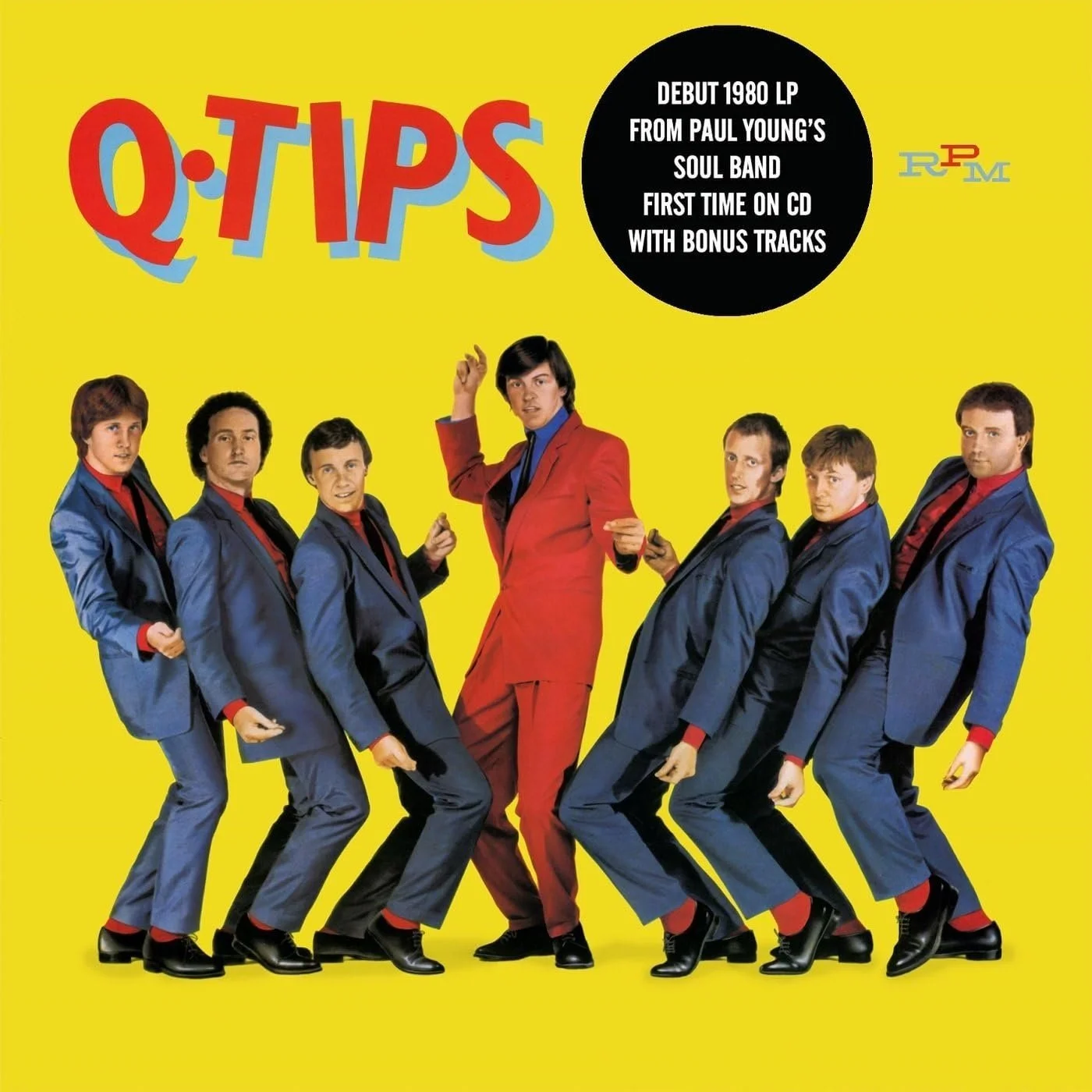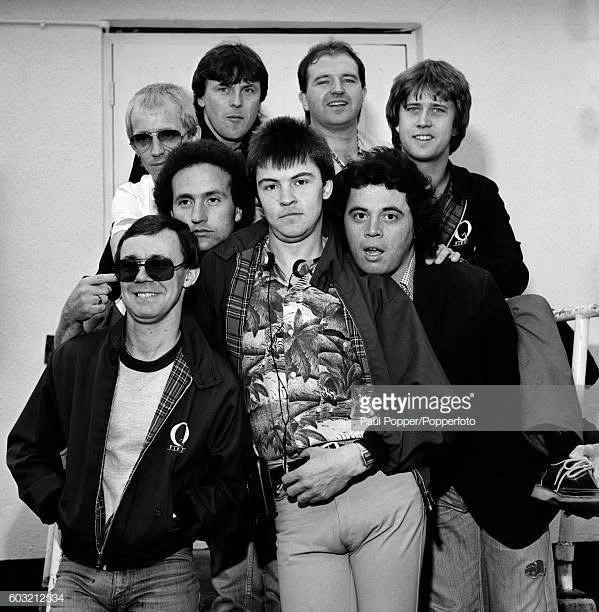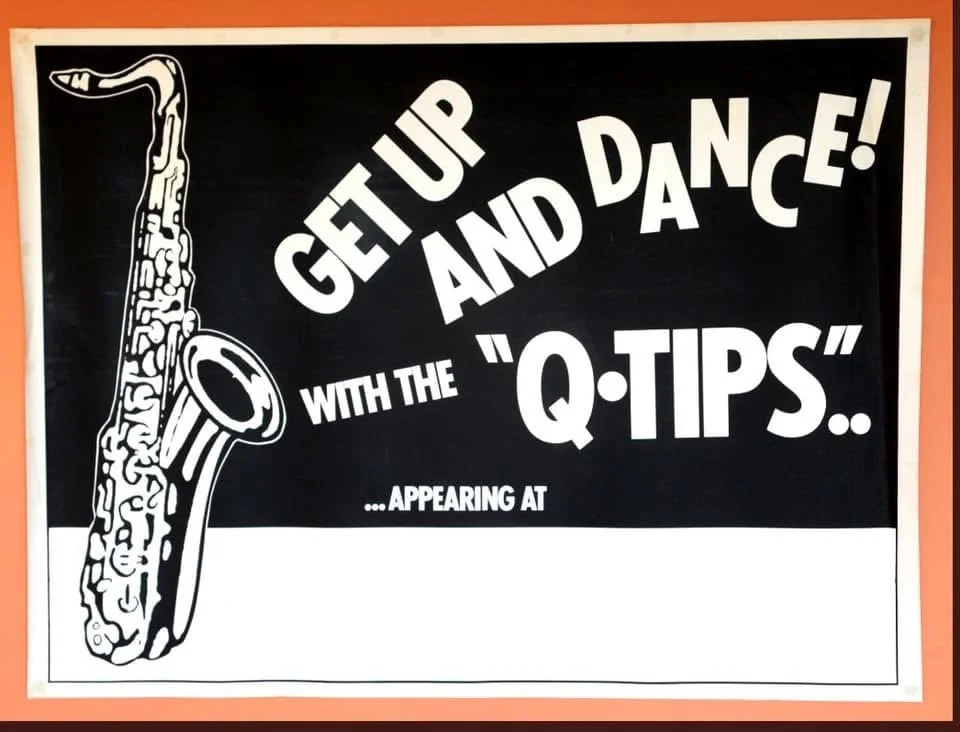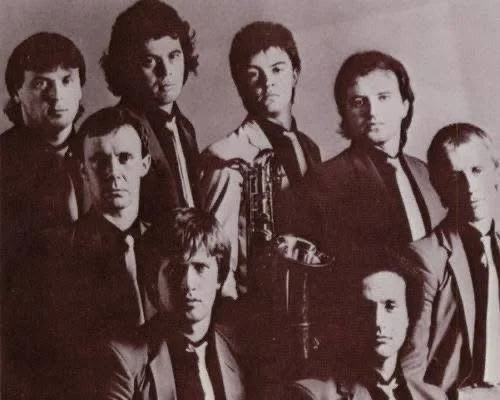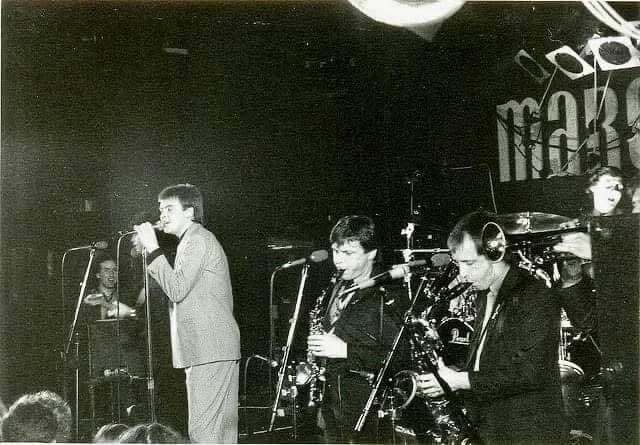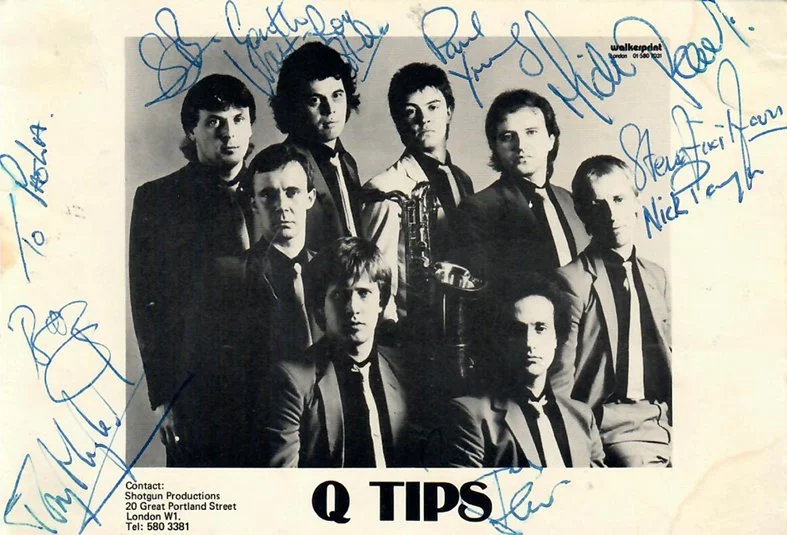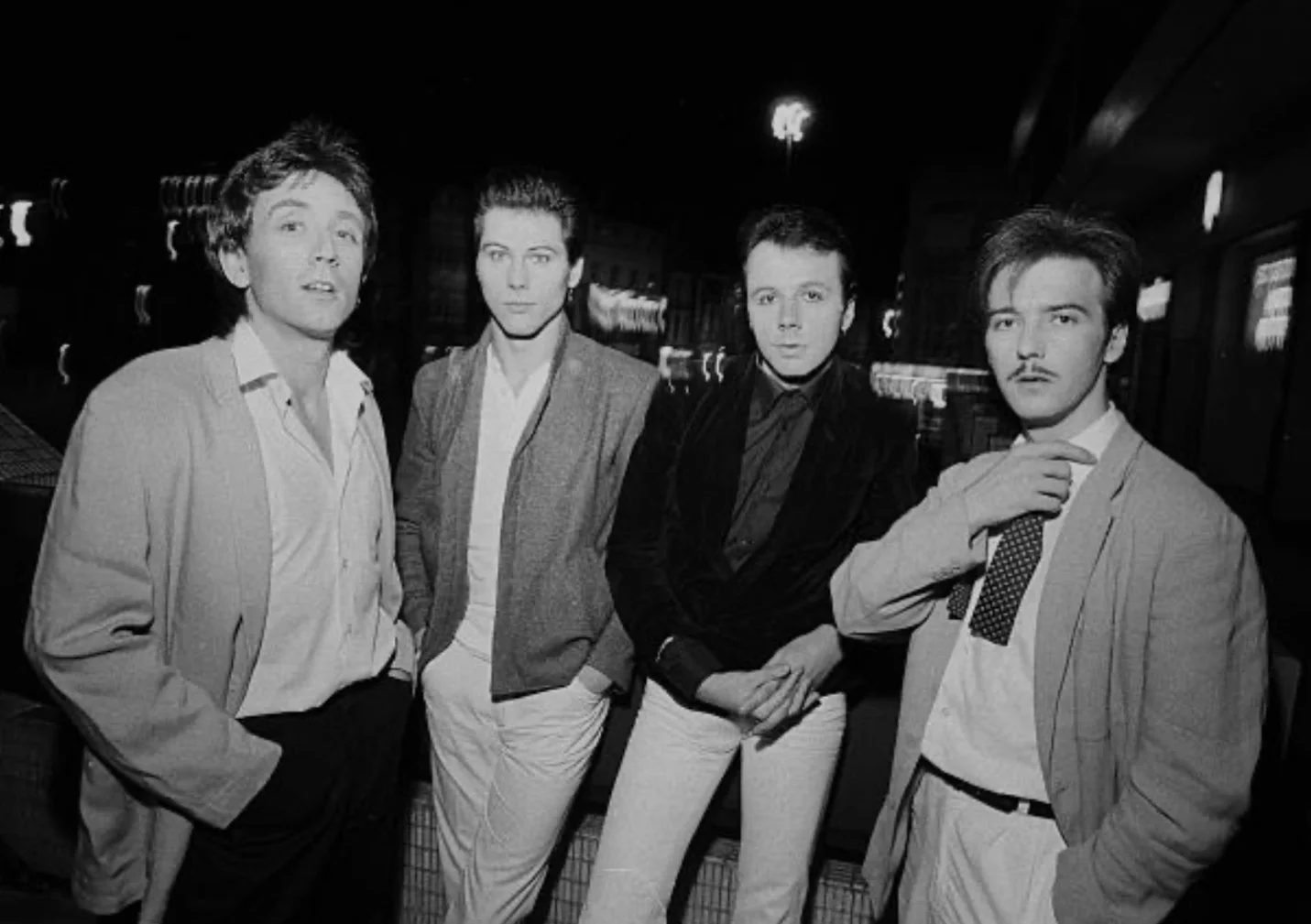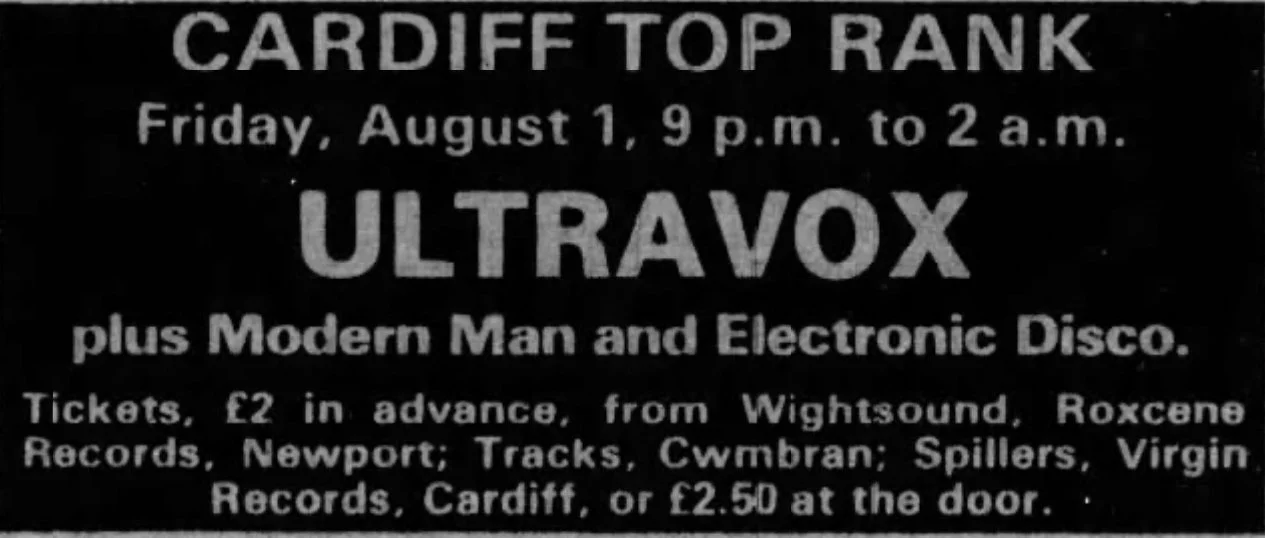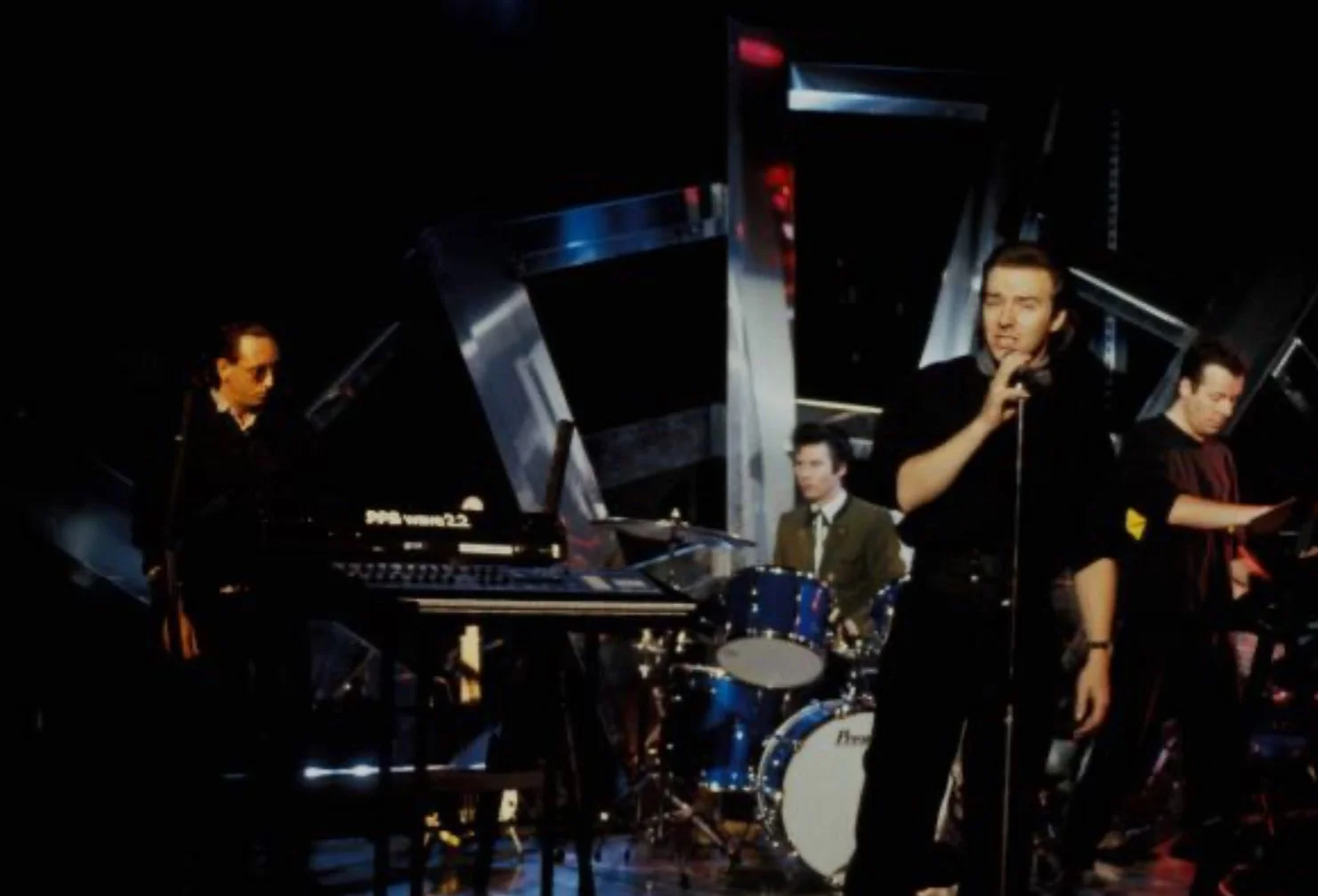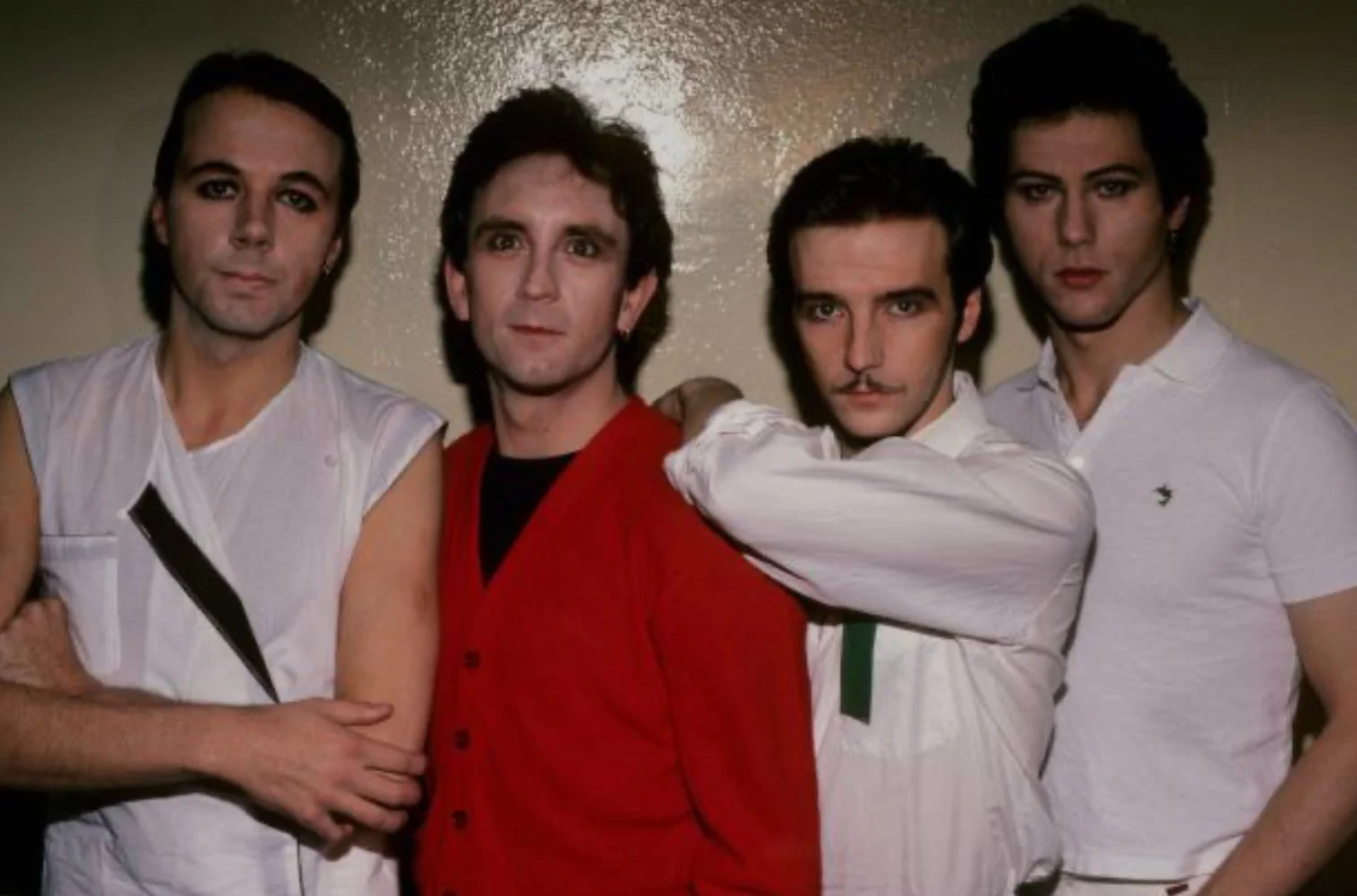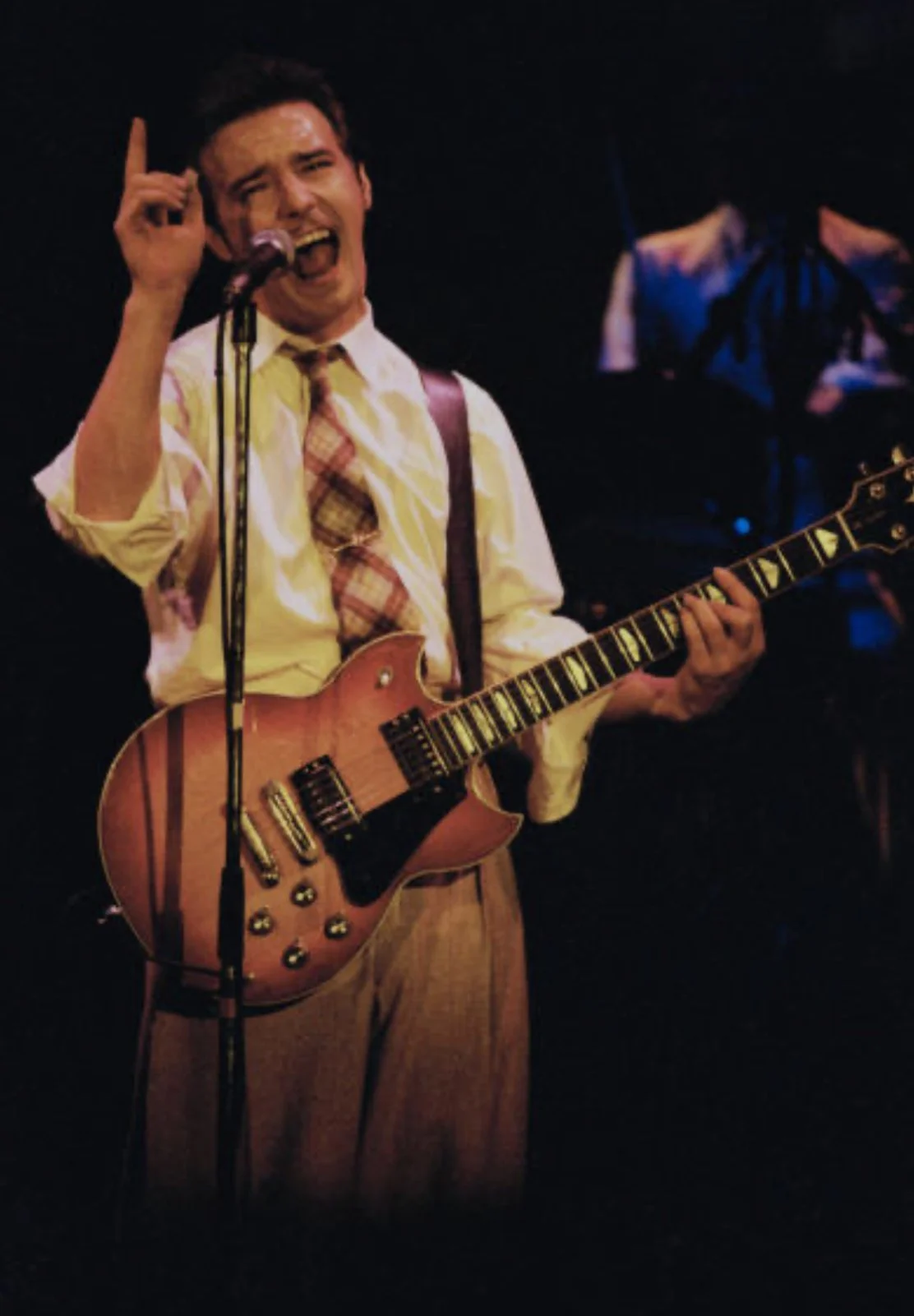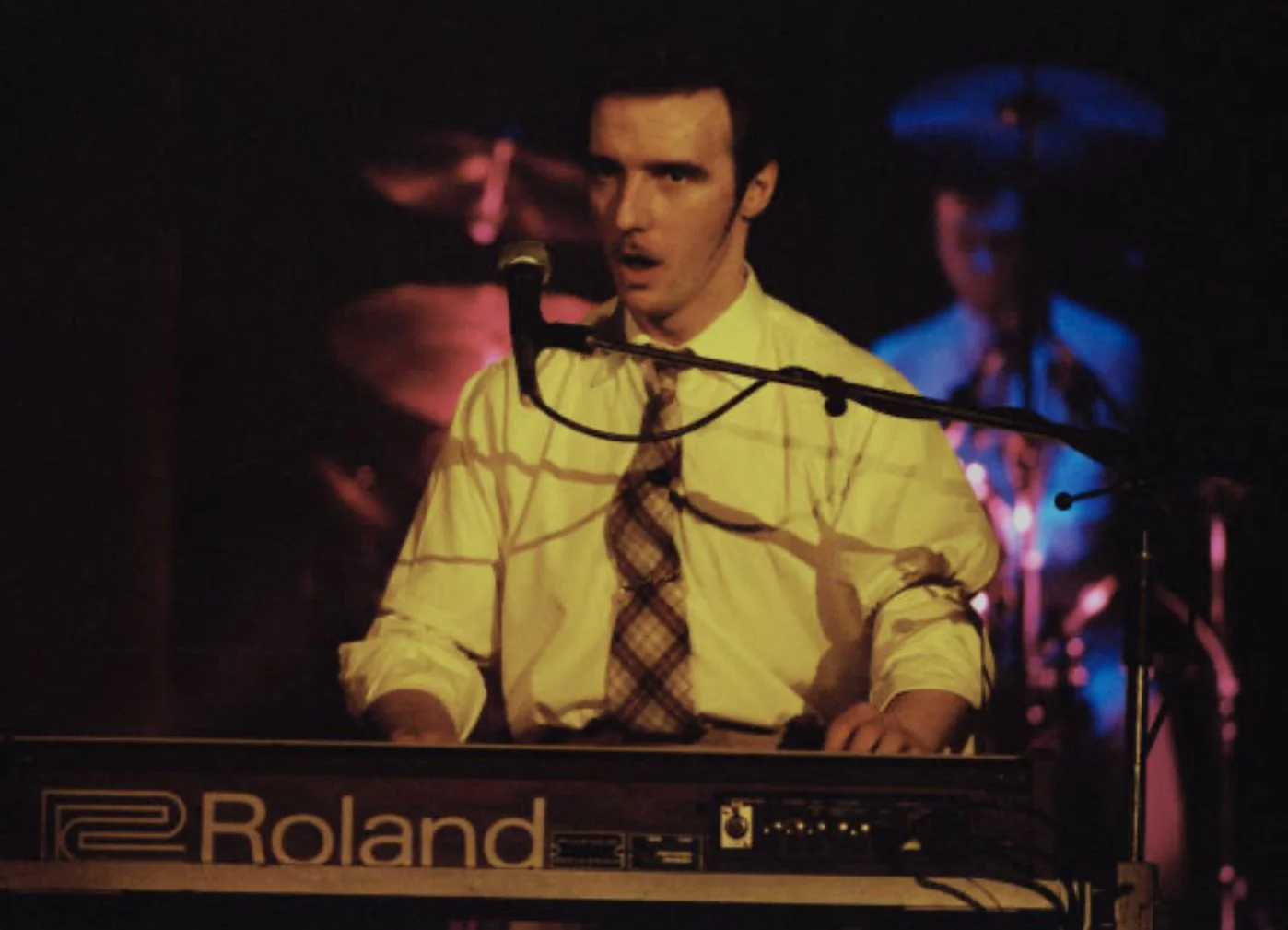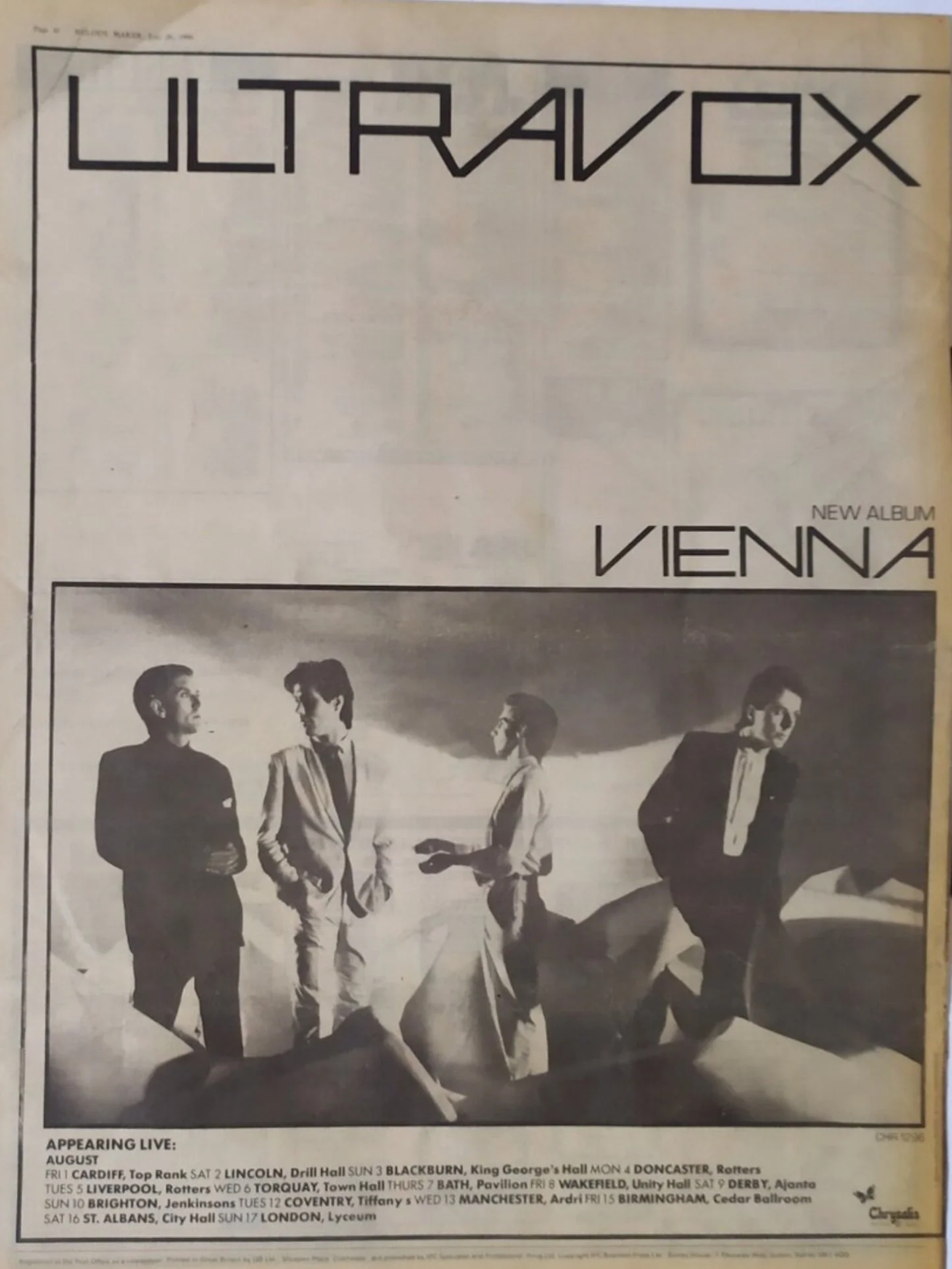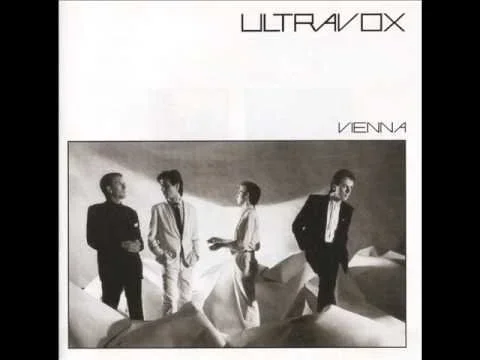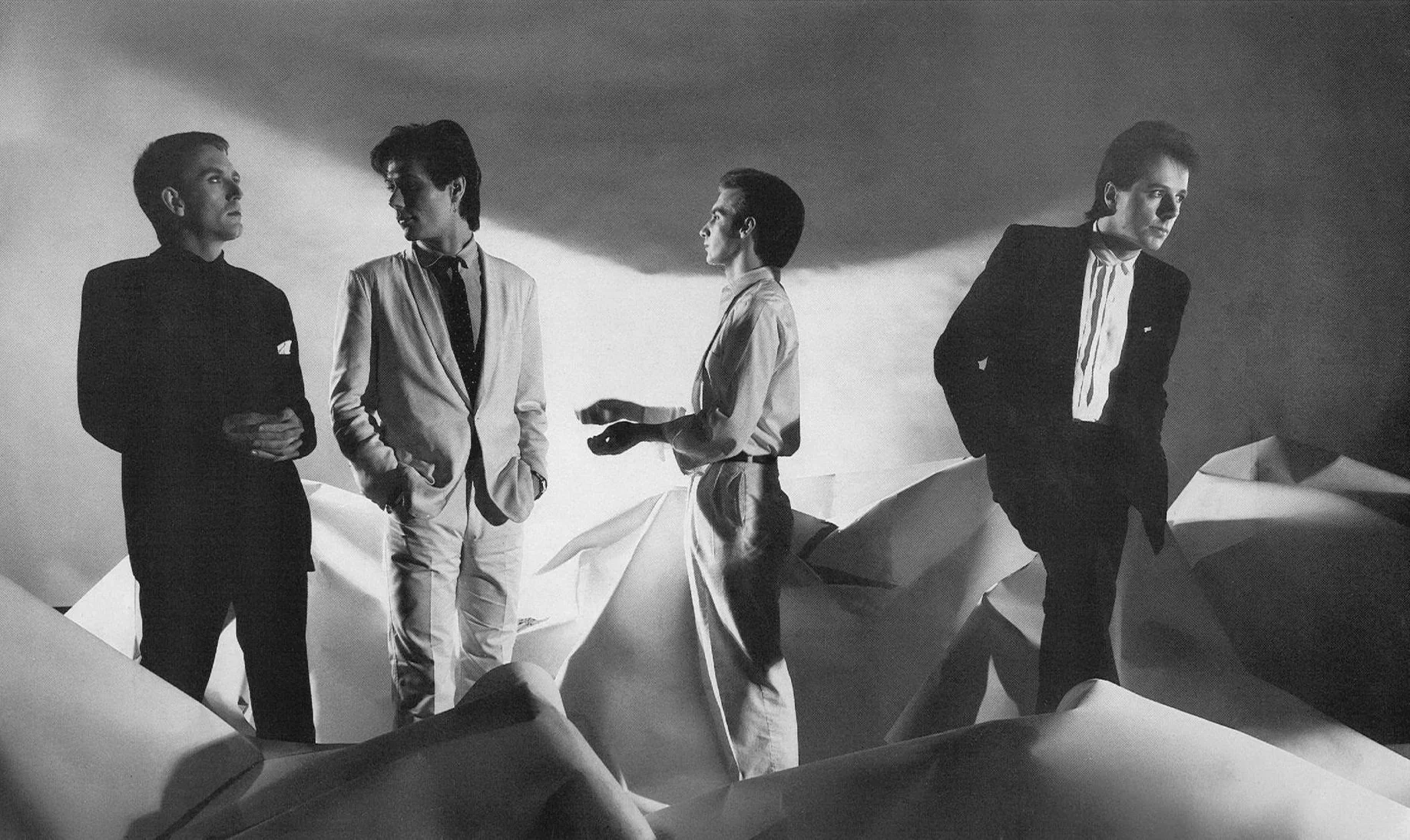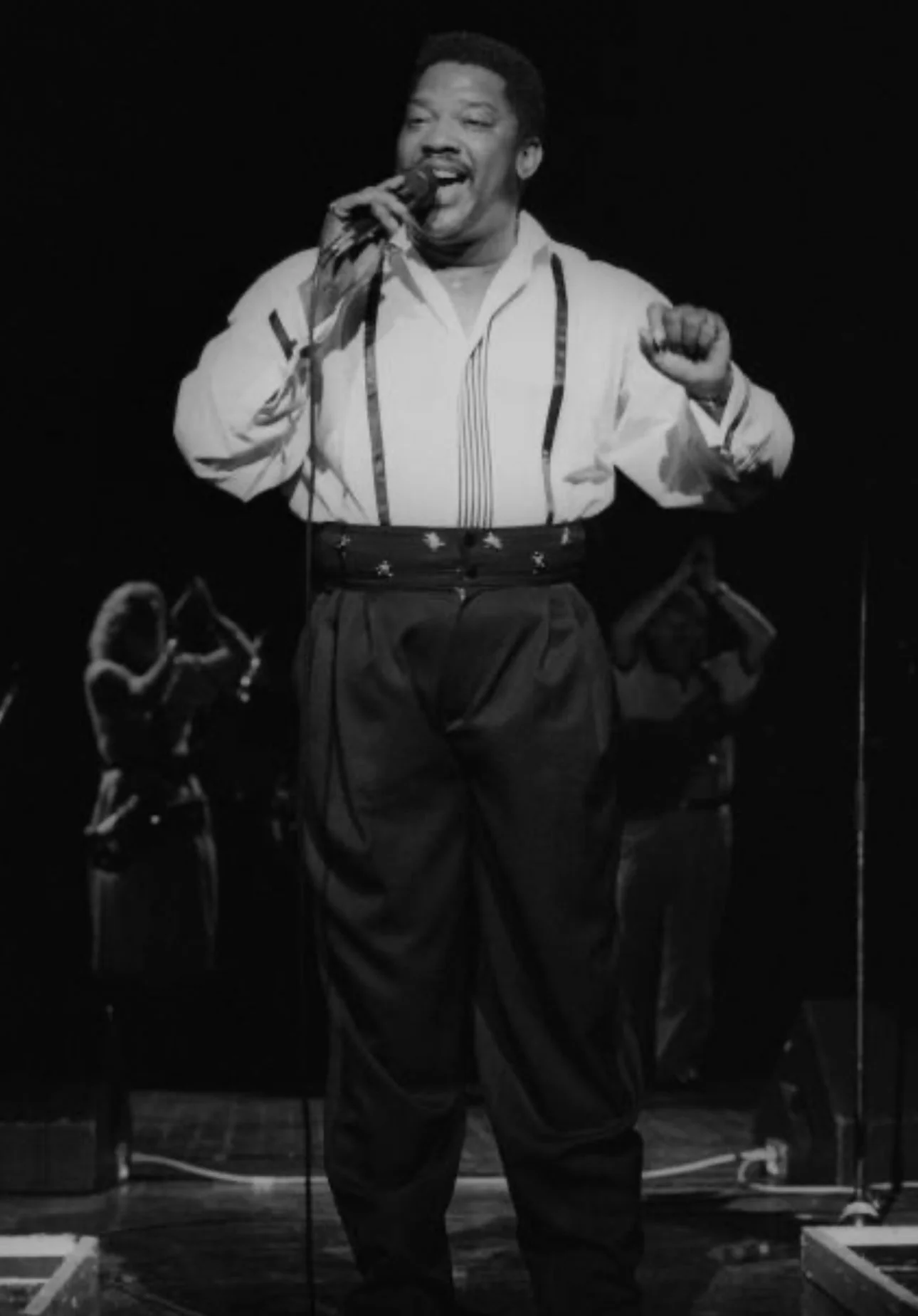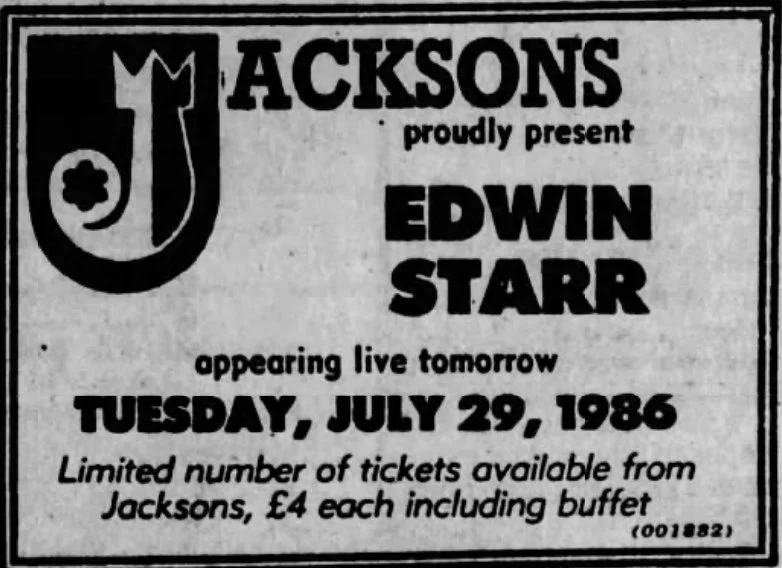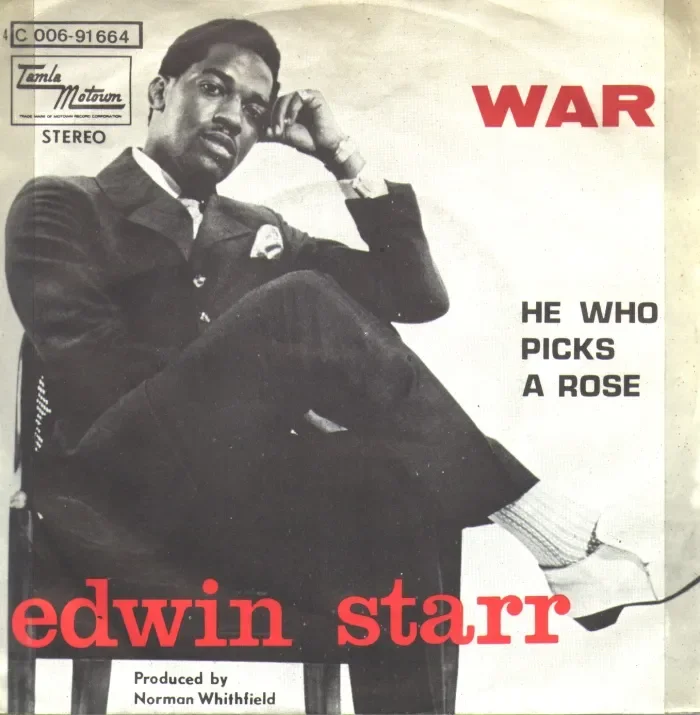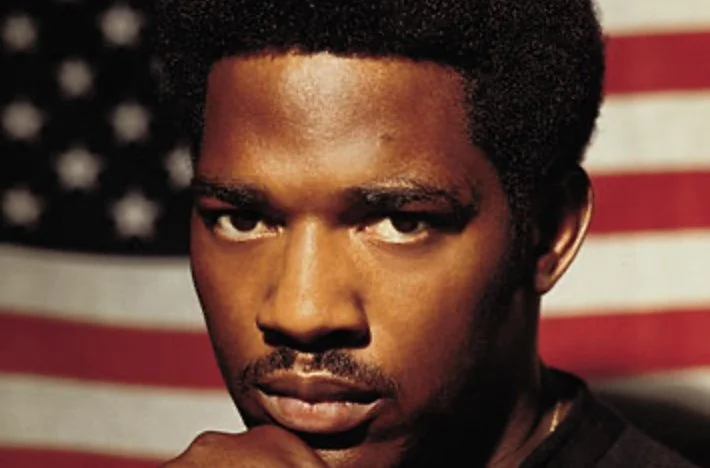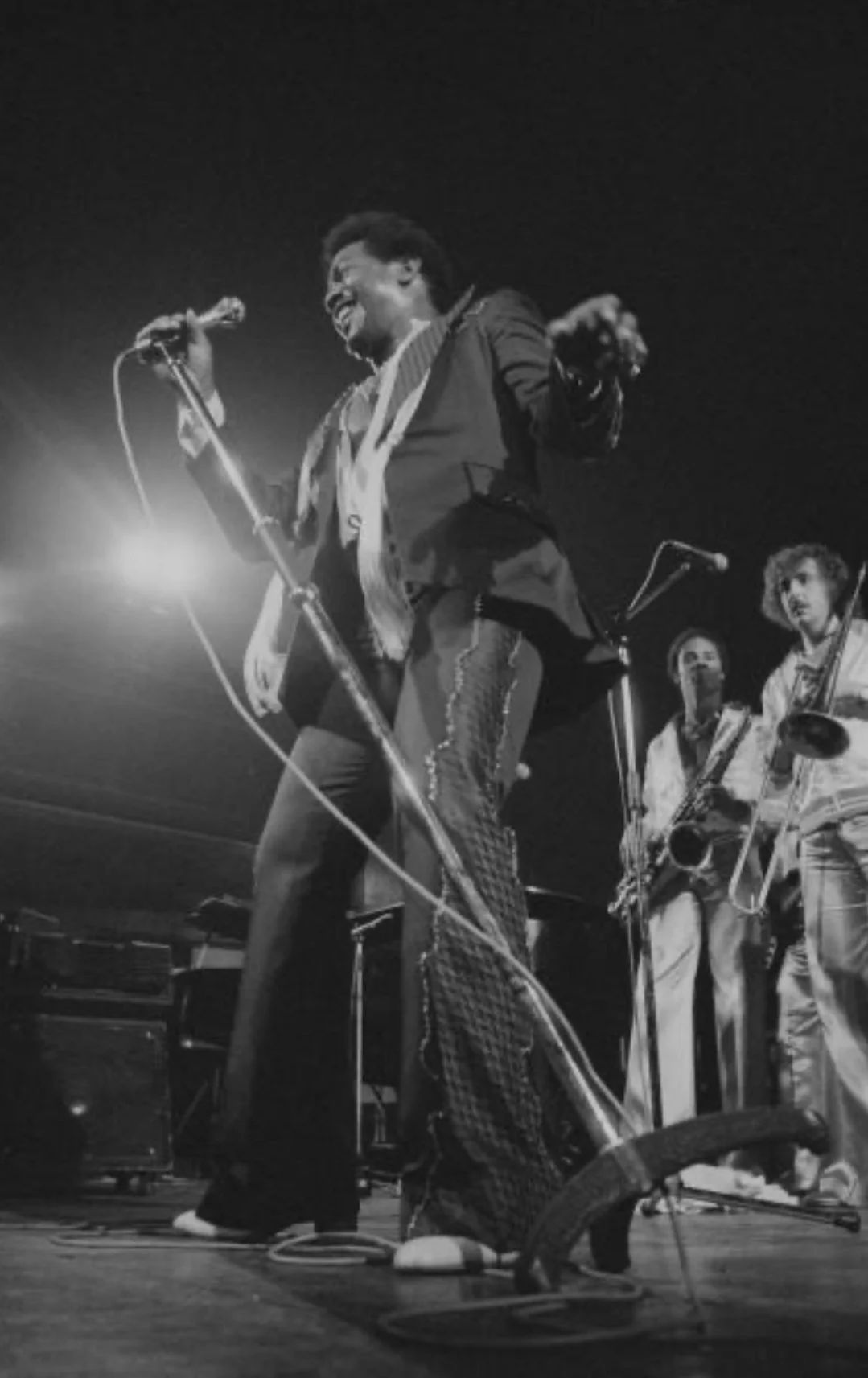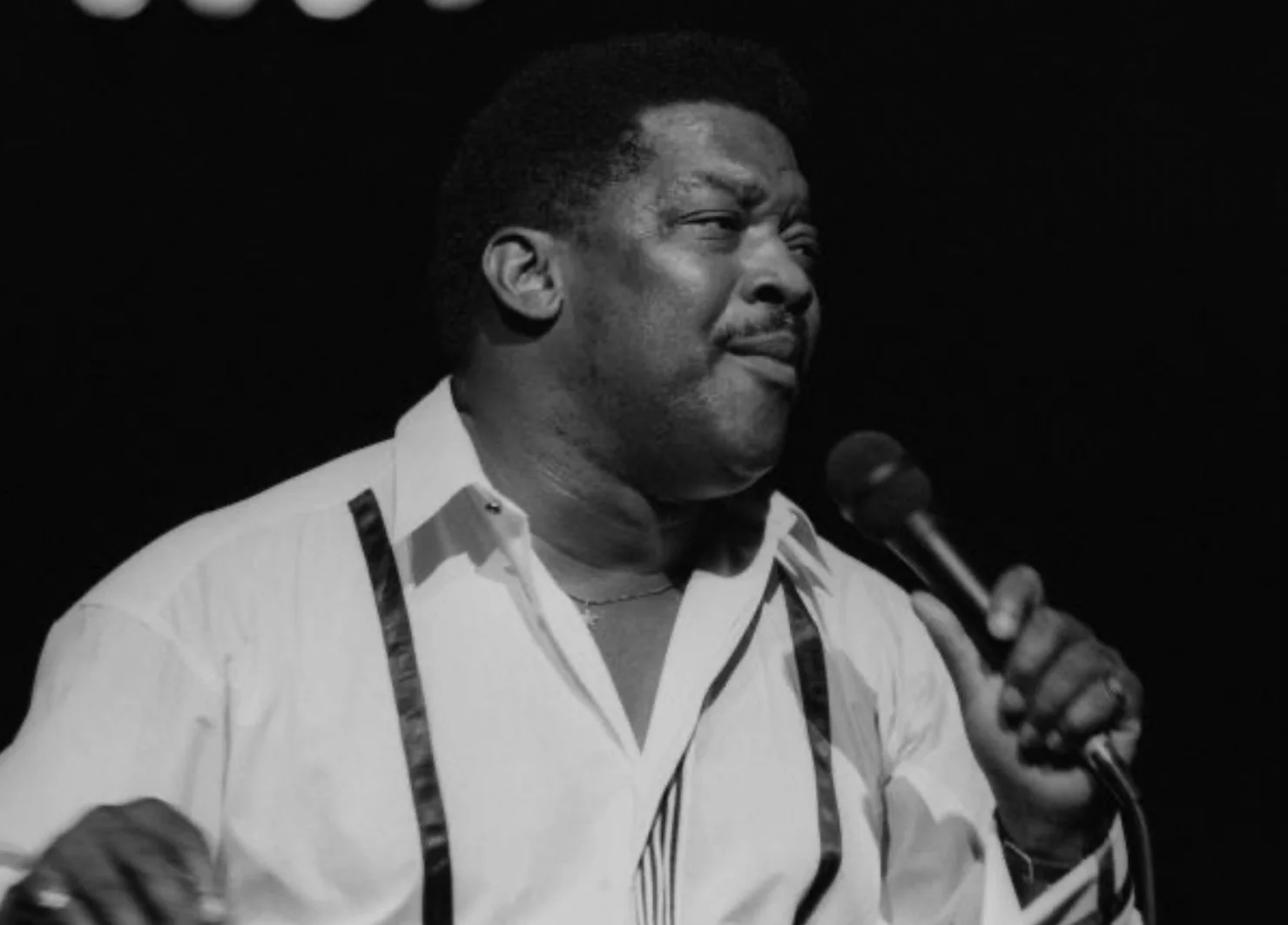On this day, 15 October 1984, Finnish rock band Hanoi Rocks played Cardiff’s New Ocean Club on their Two Steps From The Move Tour. Support was provided by Johnny Thunders.
Formed in 1979, they were the first Finnish band to chart in the UK and popular in Japan.
By 1984, the band was considered to be on the verge of an international breakthrough when they released their first major label album for CBS and headed for their first US tour.
In early 1984, Hanoi Rocks and Bob Ezrin recorded Two Steps from the Move,in New York and Toronto. Ezrin had invited Ian Hunter of Mott the Hoople to help with the songwriting, and Hunter brought Jack Bruce (formerly of Cream), who in turn brought Pete Brown, to the recording sessions. Brown wrote a lot of lyrics, but the only one the band used was "Smoked a lot of sky, drank a lot of rain", in "Million Miles Away".
By the end of April the new album was almost ready for release, but Ezrin and the label thought that the album was missing a hit, so they recorded Creedence Clearwater Revival's "Up Around the Bend",[8] which was already a favorite of Michael Monroe and Nasty Suicide.
In May 1984, Hanoi Rocks went on tour in Bombay and Japan. In Japan, excitement over the band led to sold-out concert halls and fans following the band everywhere. Even in Finland people were baffled by the extent of the band's popularity in Japan.
The Japanese tour was followed by a tour across England and Scotland. British magazines raved about the band, and were certain that the next record would be their breakthrough. In June, the single "Up Around The Bend / Until I Get You" was released, but it also appeared as a double single and as an EP. A music video for "Up Around the Bend" was also produced. At the time it was the most expensive music video for any Finnish band. The song climbed to number 61 on the UK singles chart,and got radio airplay in America.
After a July tour in England, Two Steps from the Move, whose title was changed from Silver Missiles and Nightingales at the last minute, was released. It was their most successful album in the UK Albums Chart, where it peaked at number 28. "Underwater World / Shakes" and "Two Steps From the Move" were released as singles in the UK, and right away the band went on tour with Johnny Thunders.
In November the single "Don't You Ever Leave Me / Oil And Gasoline" was released, by which time the new album had sold 200,000 copies—most of them in the U.S. (60,000), Britain (50,000), and Finland (20,000). In the US the album sold 44,000 copies in its first two weeks.
After a Swedish tour, the band toured America until Michael Monroe fractured his ankle onstage at USA Sam's in Syracuse, New York, on 29 November, resulting in some of the dates being canceled. Los Angeles shows were all sold out in less than half an hour.
Setlist
Two Steps From the Move
Back to Mystery City
Boulevard of Broken Dreams
I Can't Get It
Visitor
Underwater World
High School
Motorvatin'
Don't Never Leave Me
Tragedy
Malibu Beach Nightmare
Taxi Driver
Million Miles Away
(aka Never Get Enough)
Up Around the Bend
(Creedence Clearwater Revival cover)
The Train Kept A-Rollin'
(Tiny Bradshaw cover)
Lost in the City
Until I Get You
I Feel Alright
Pills
(Bo Diddley cover)
Gloria
(Them cover)


